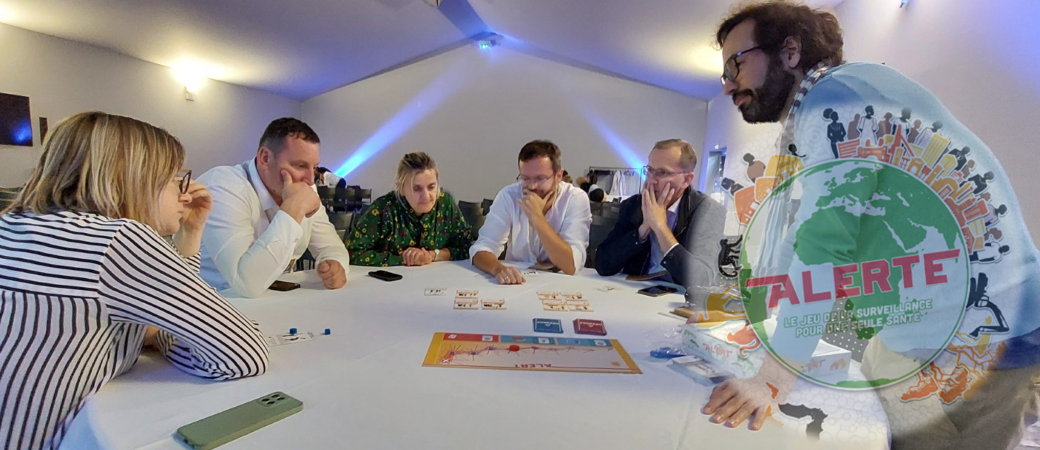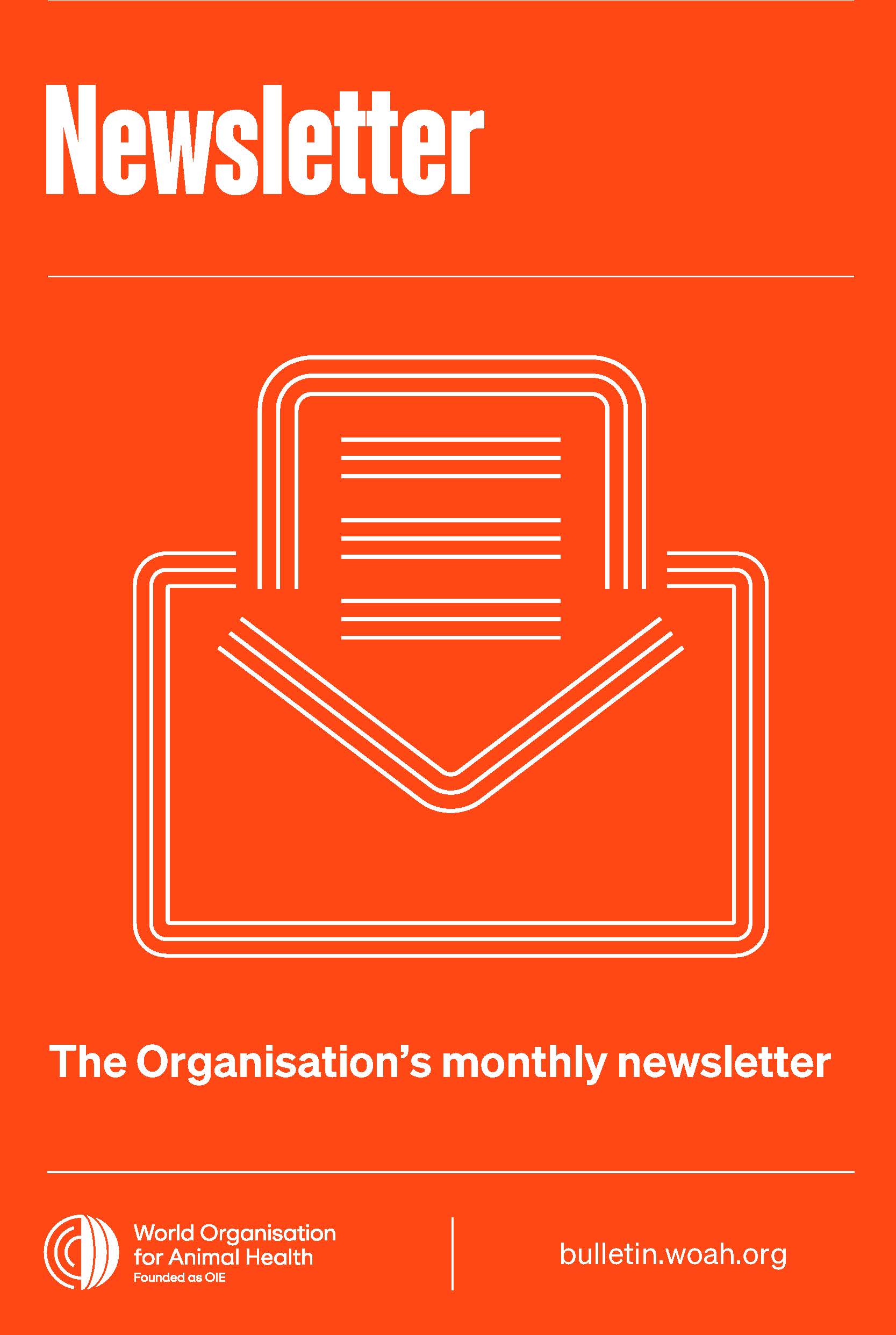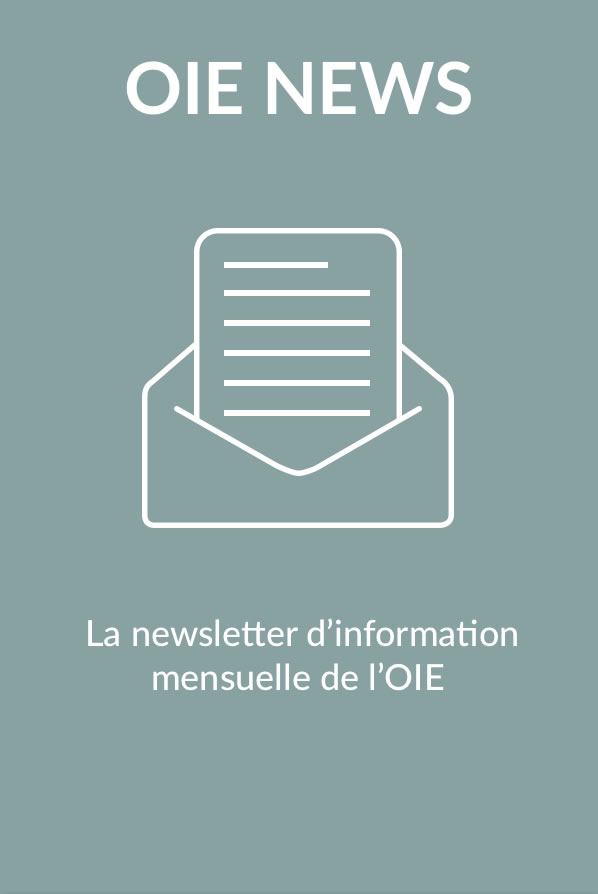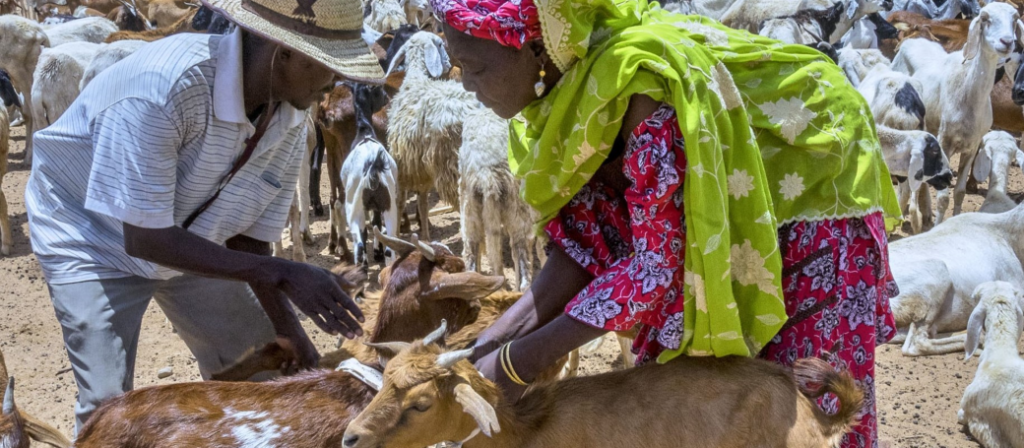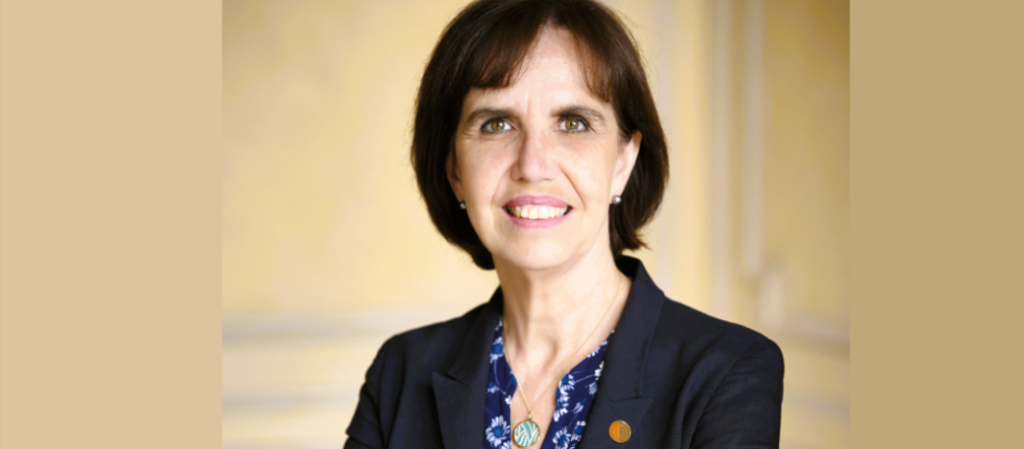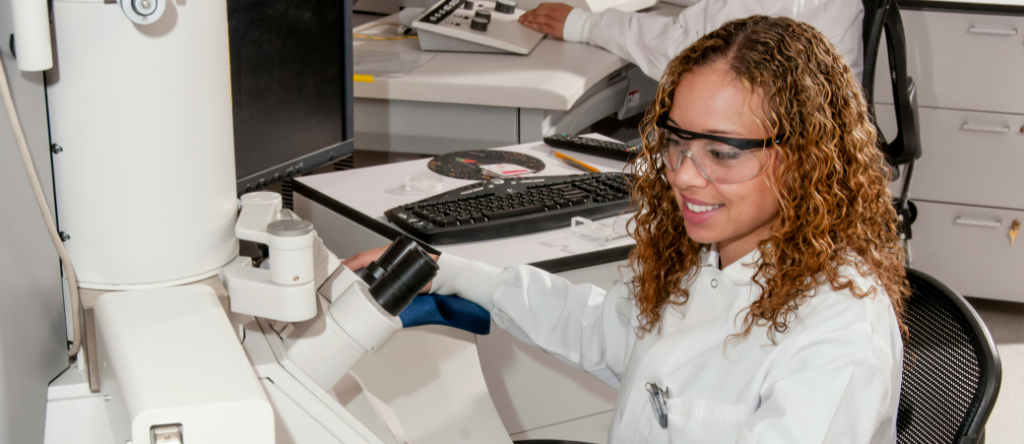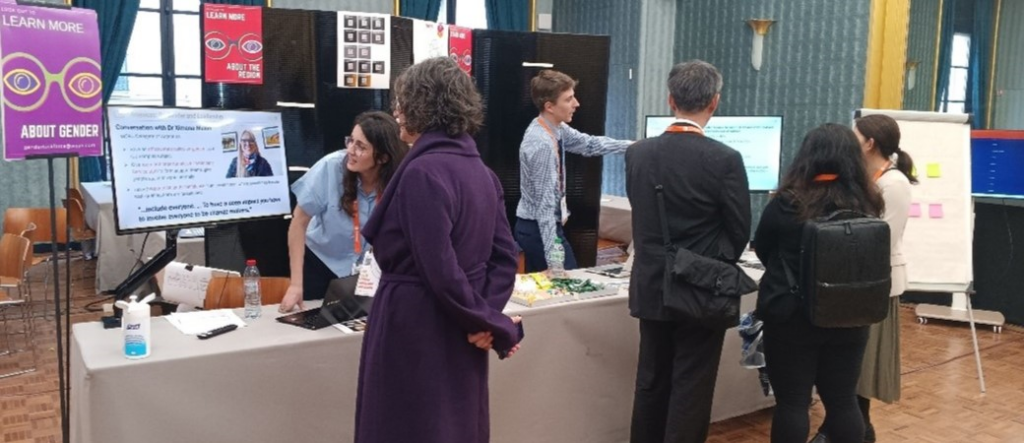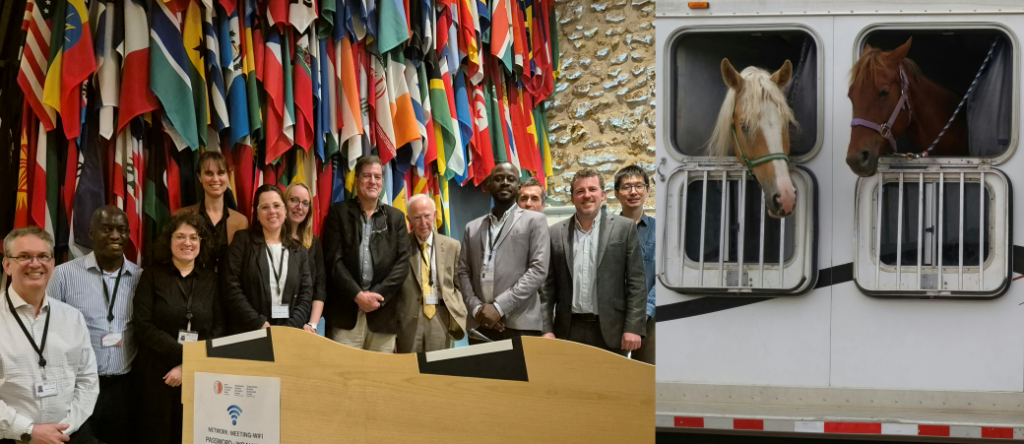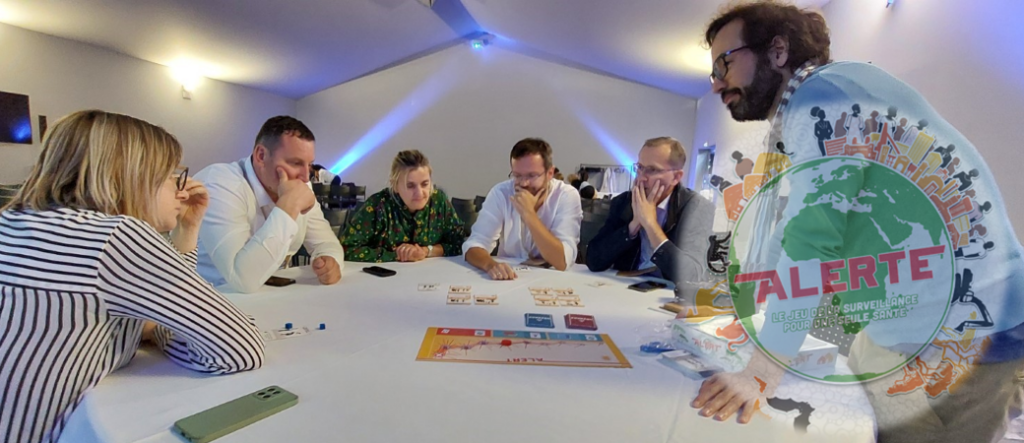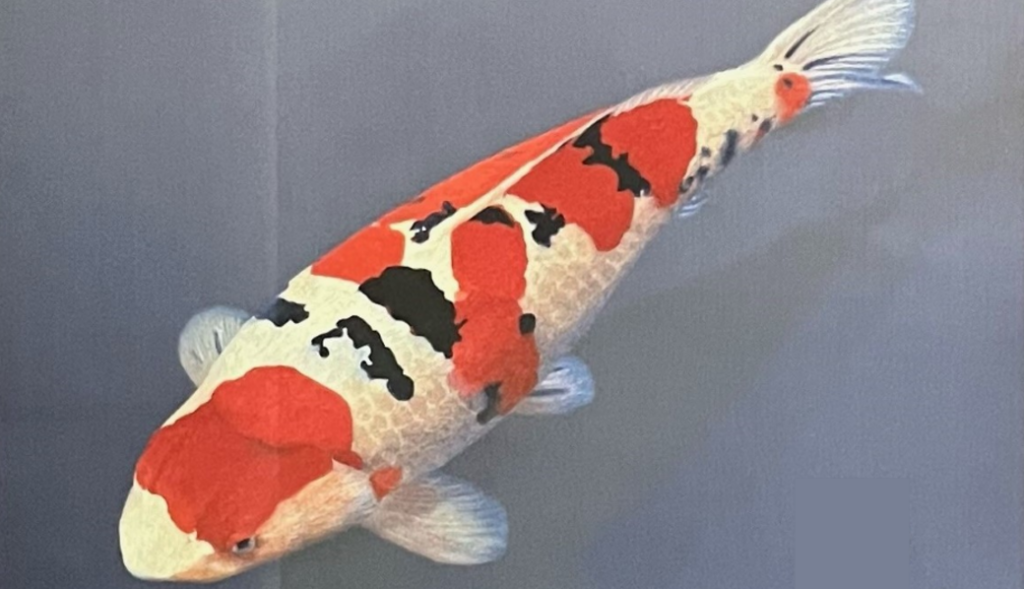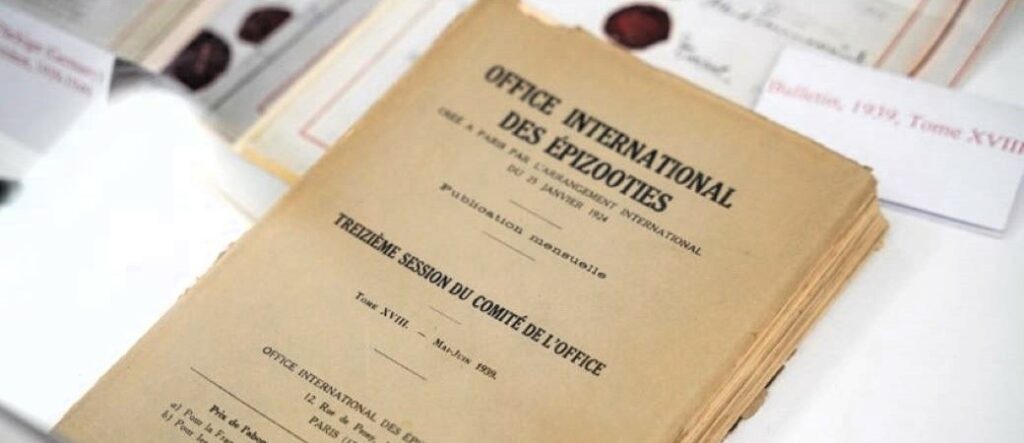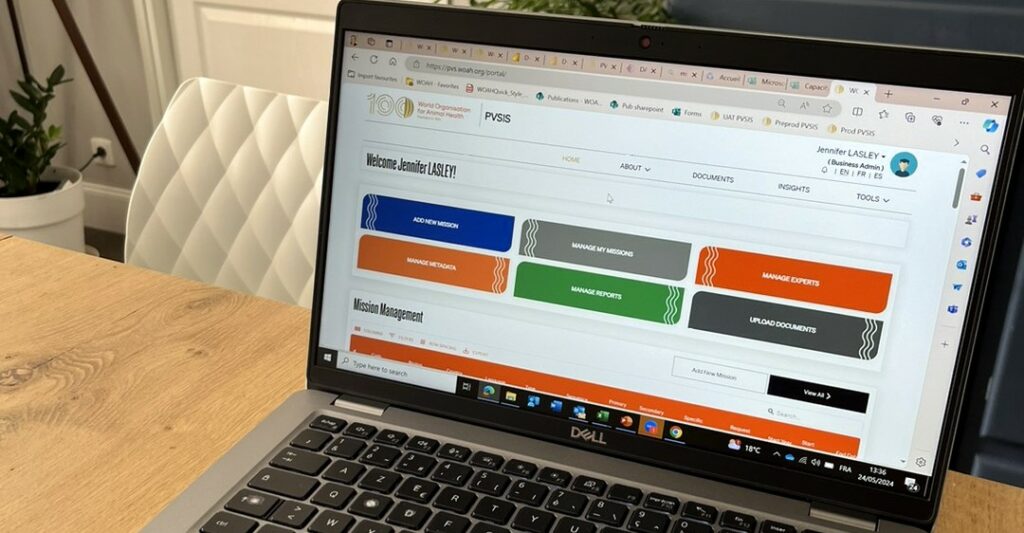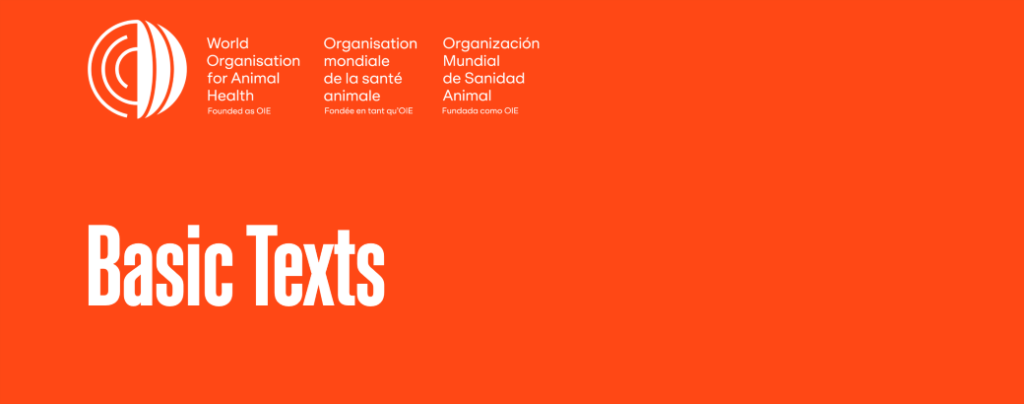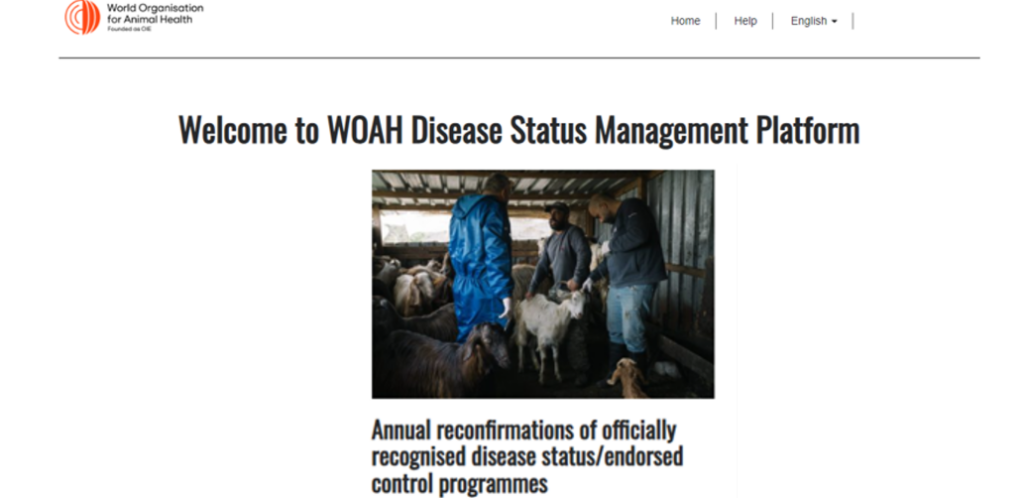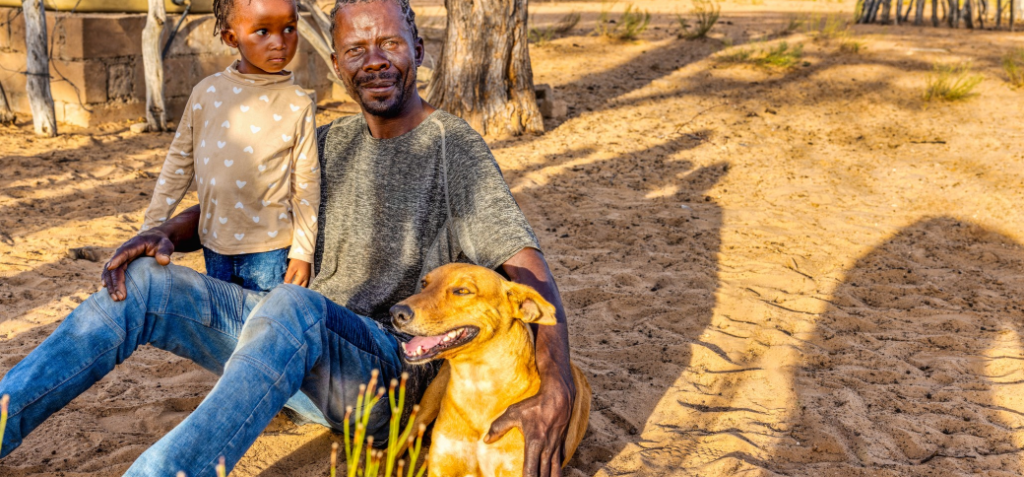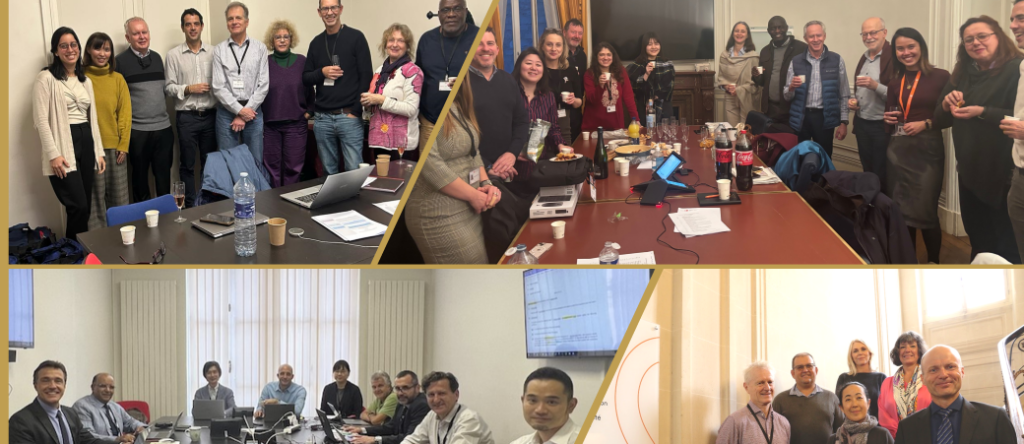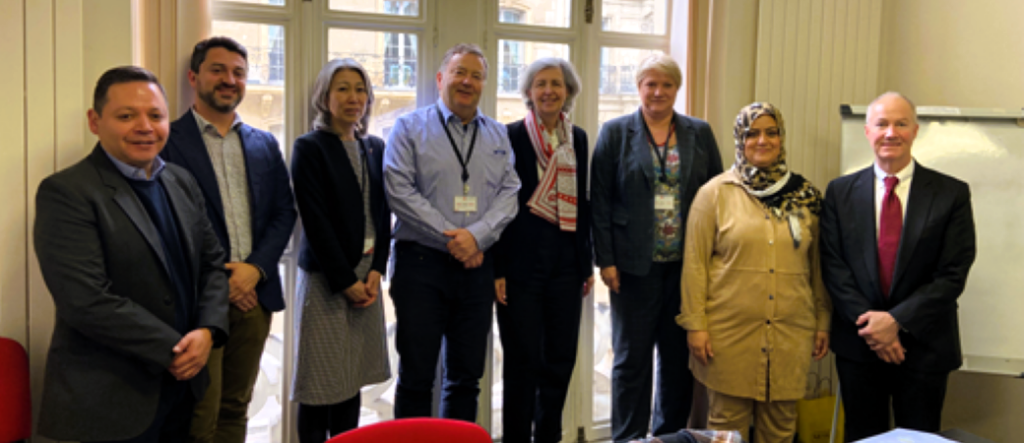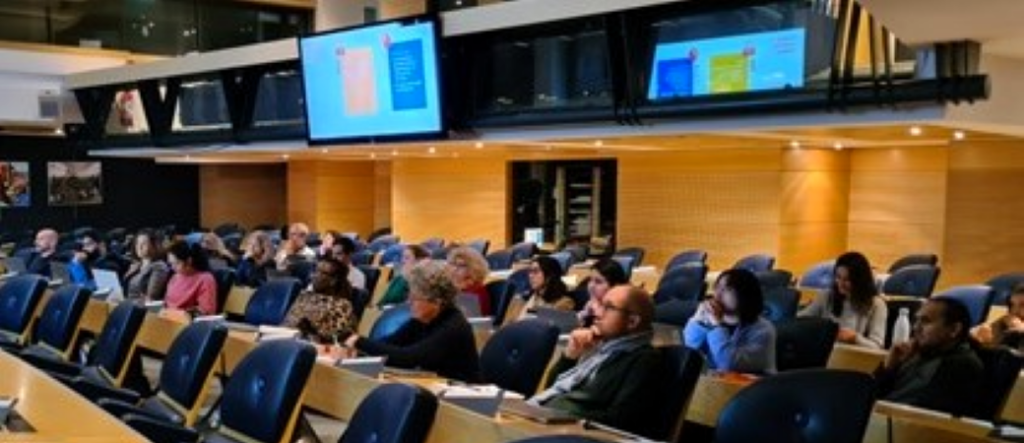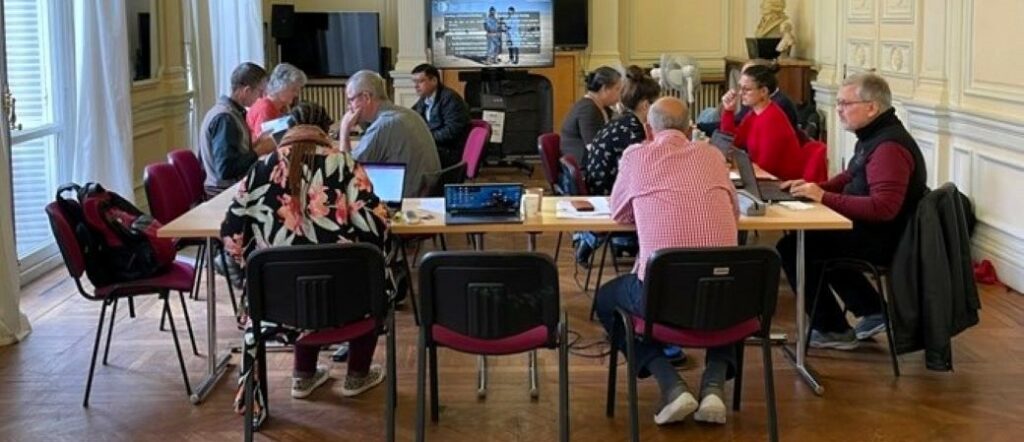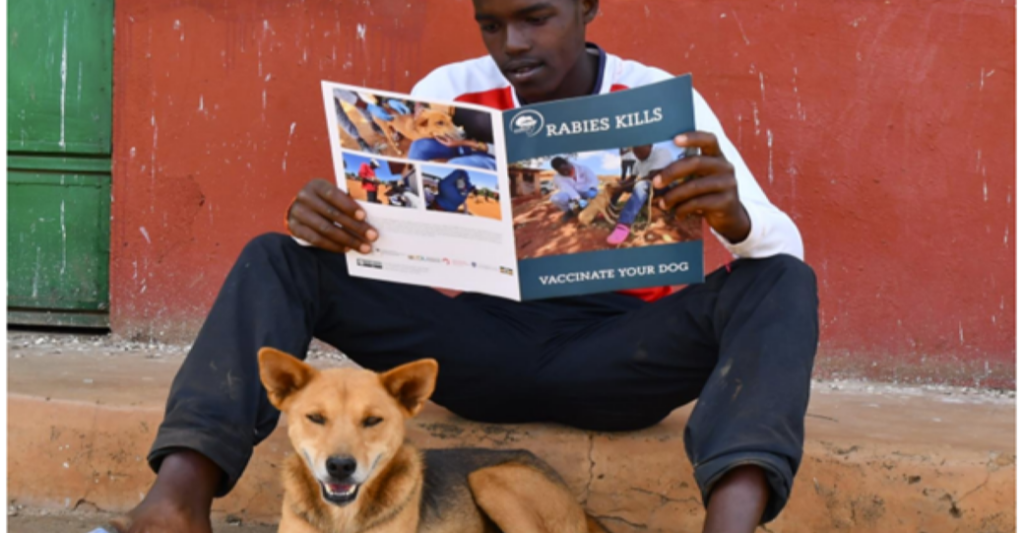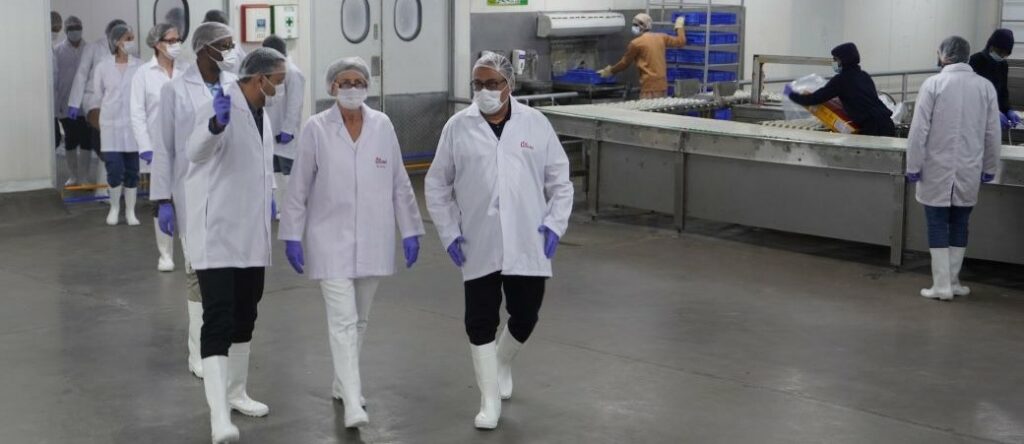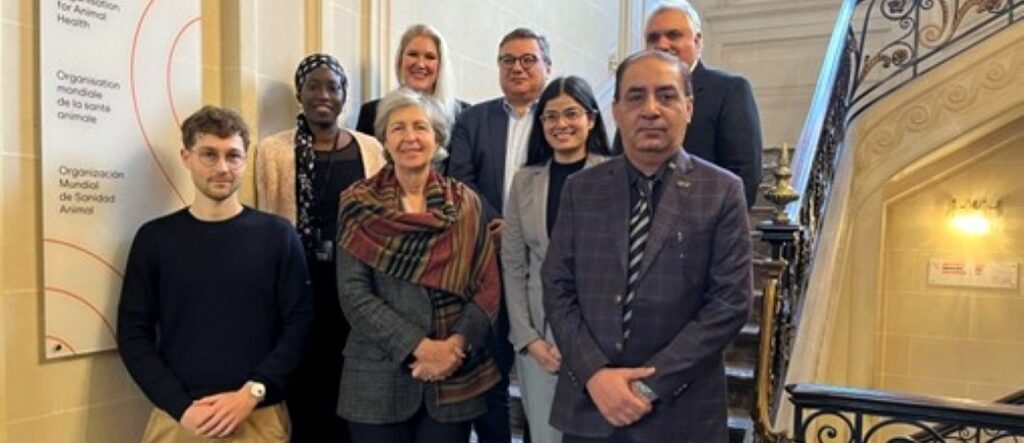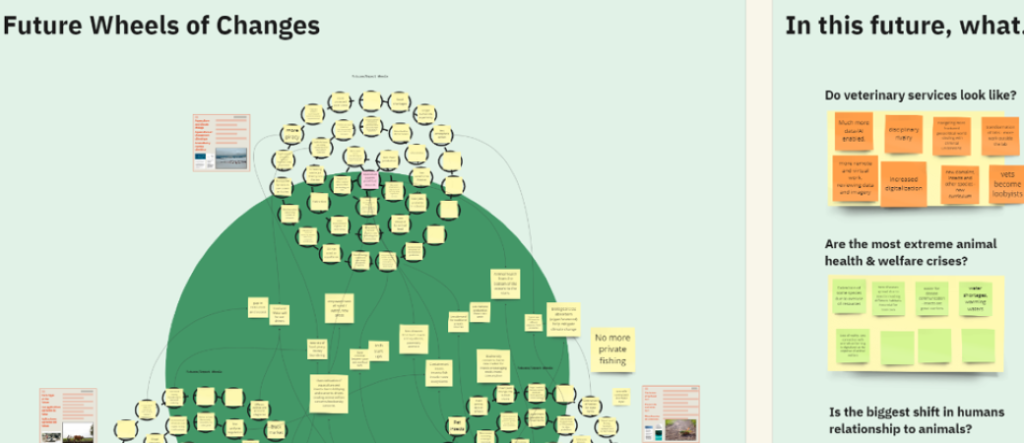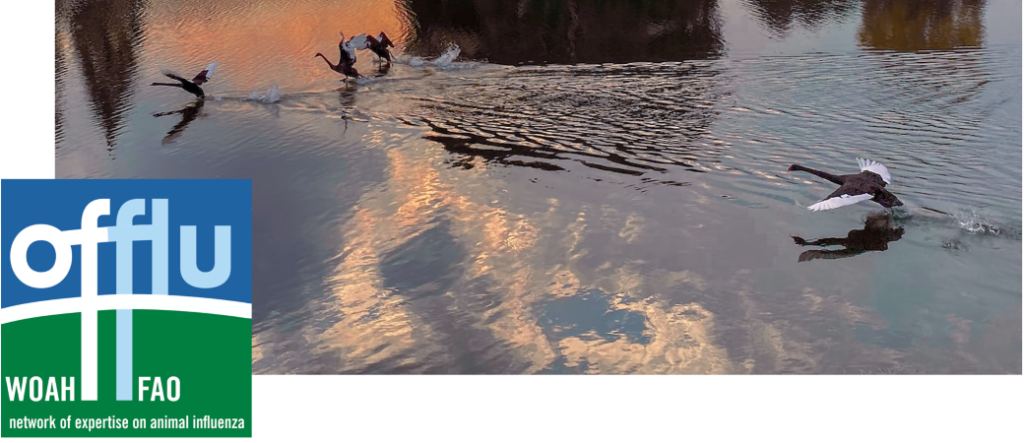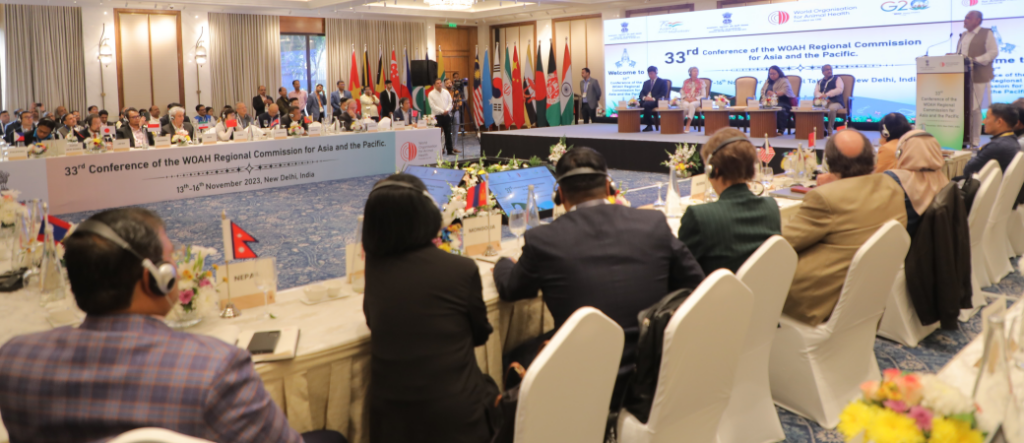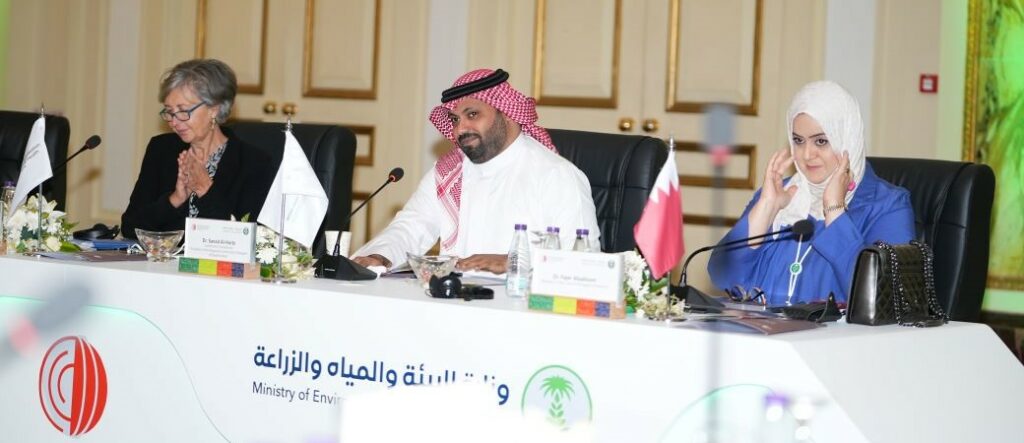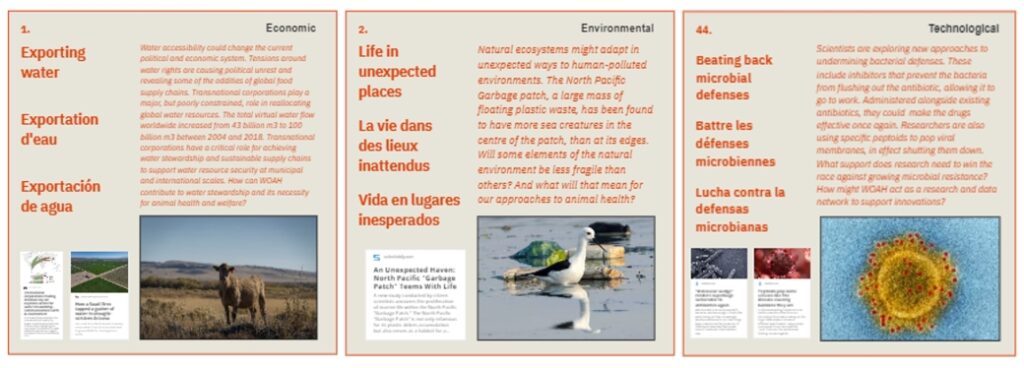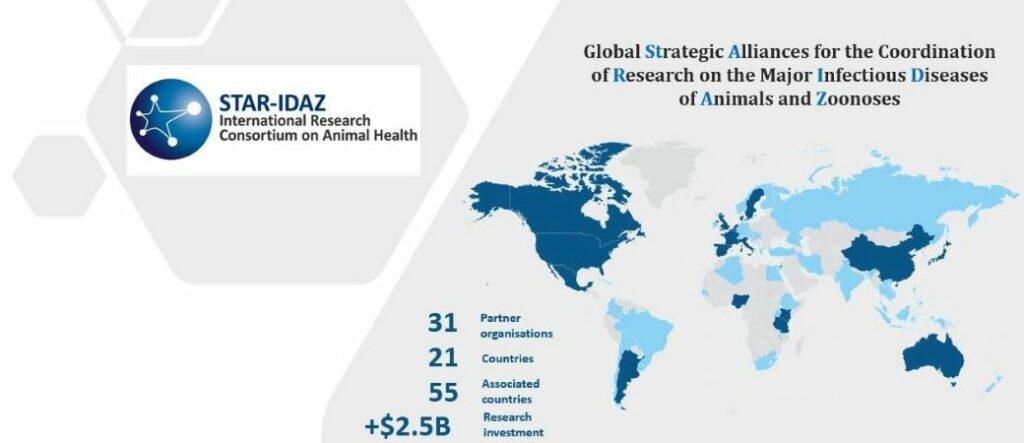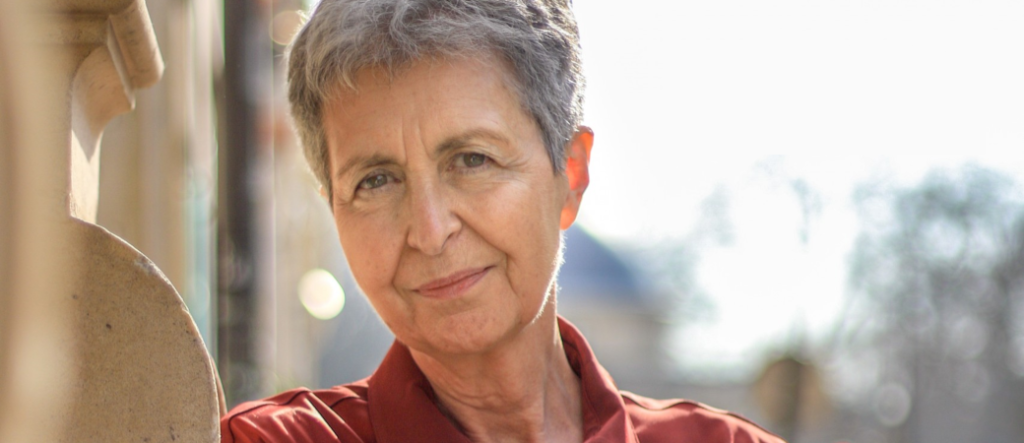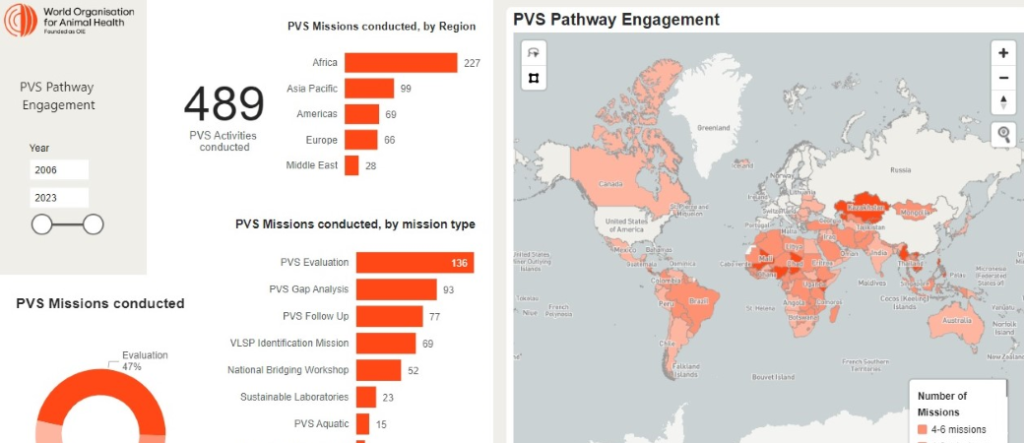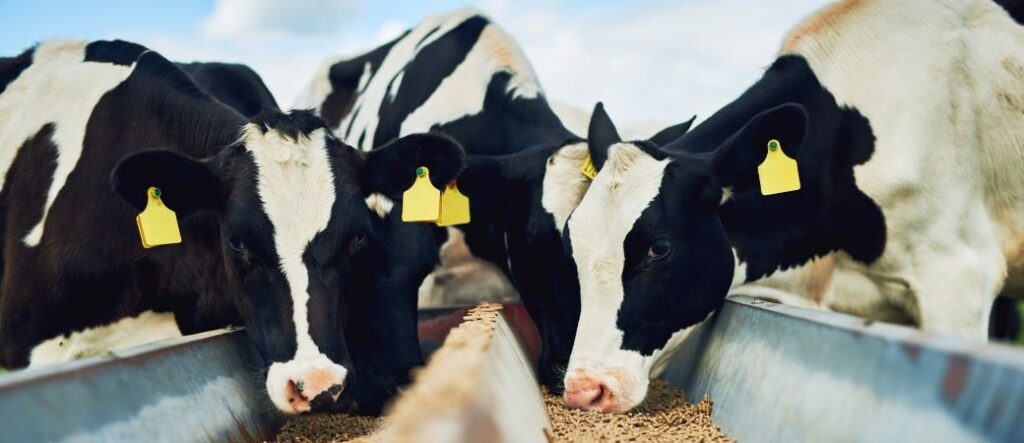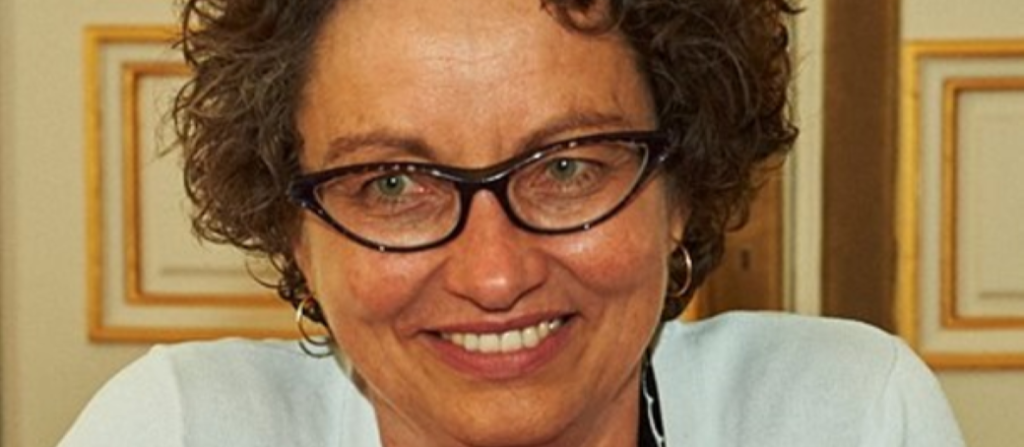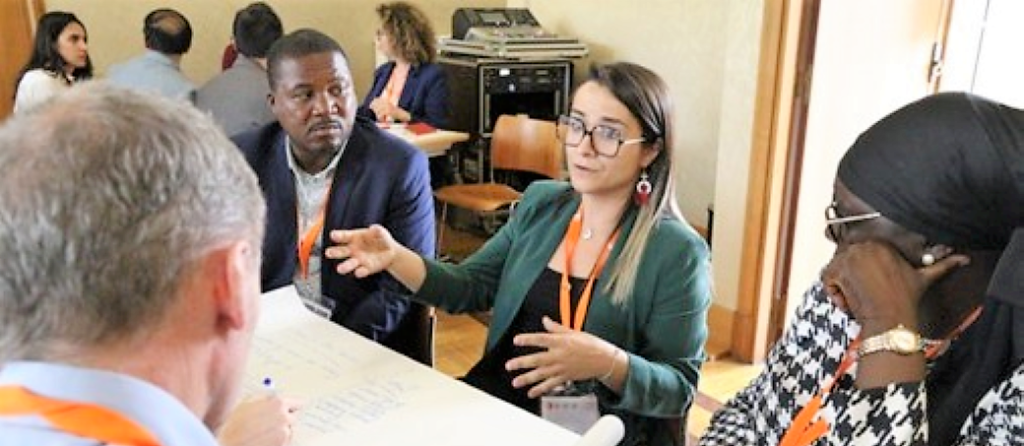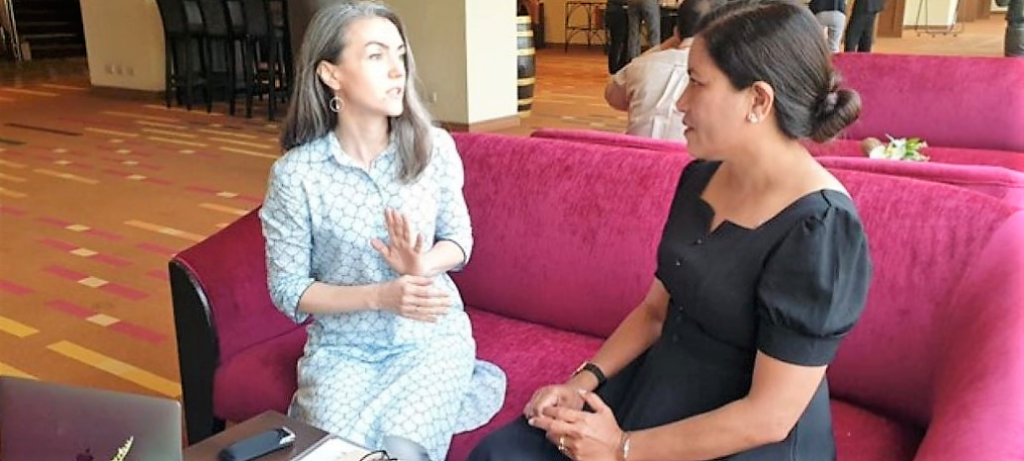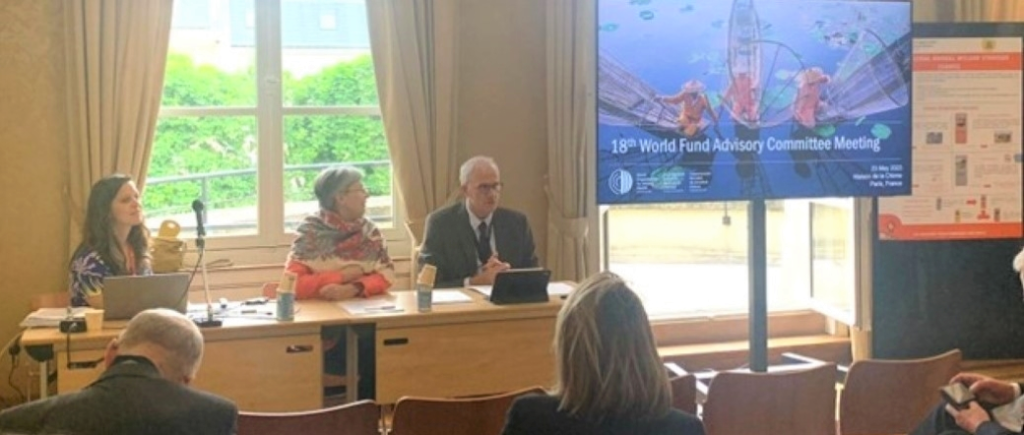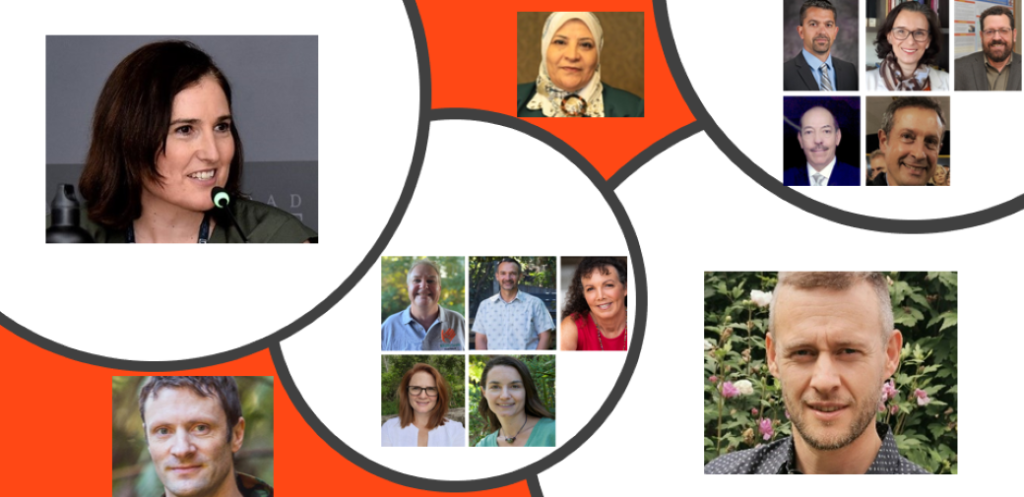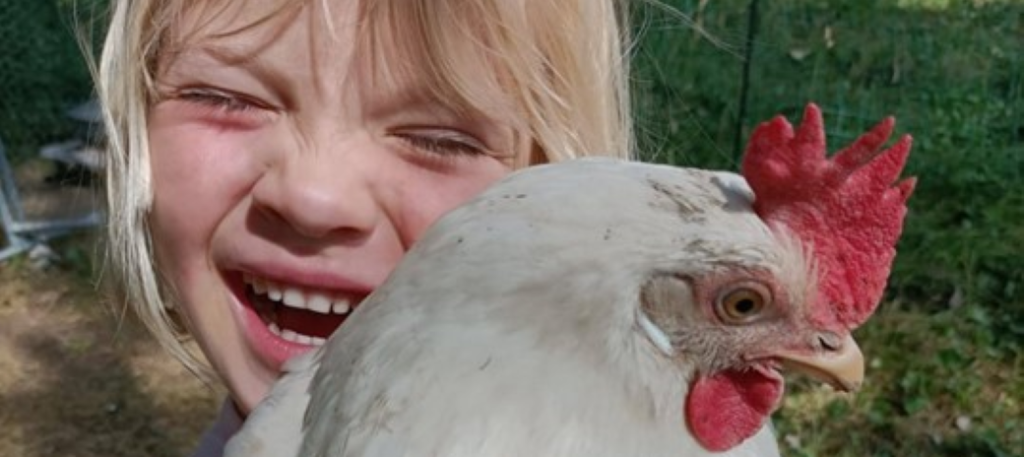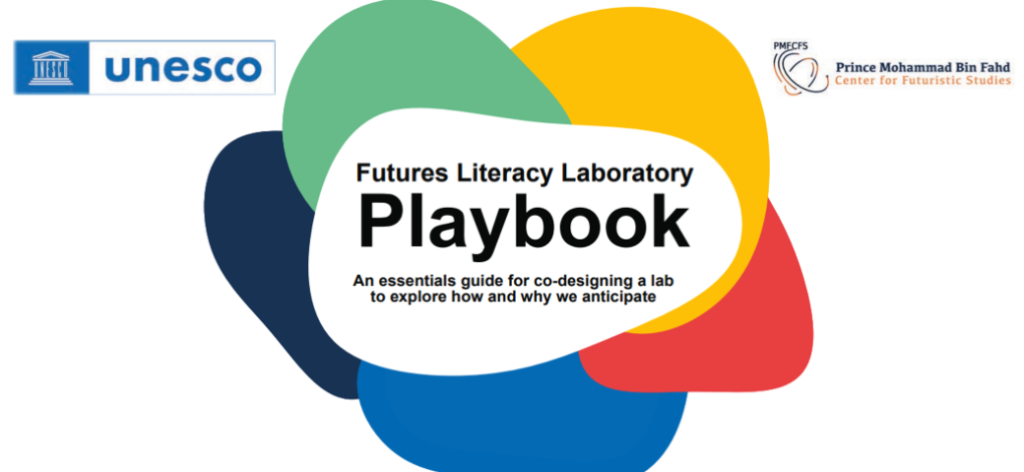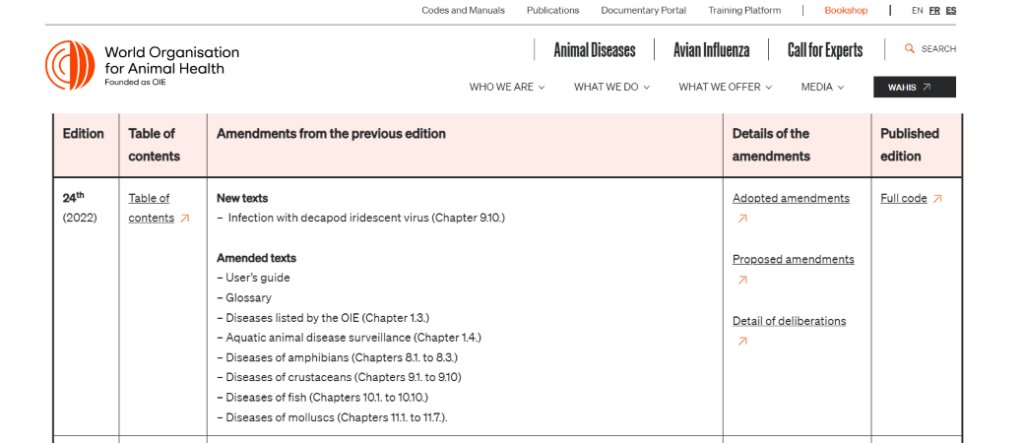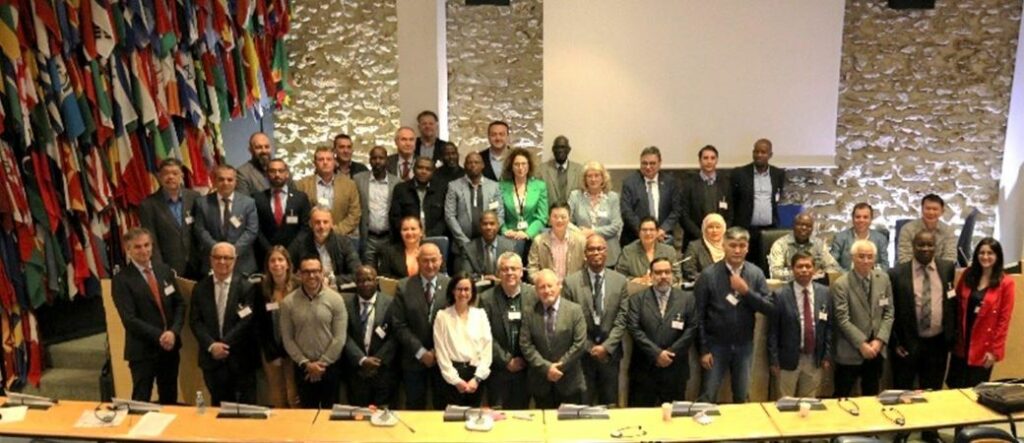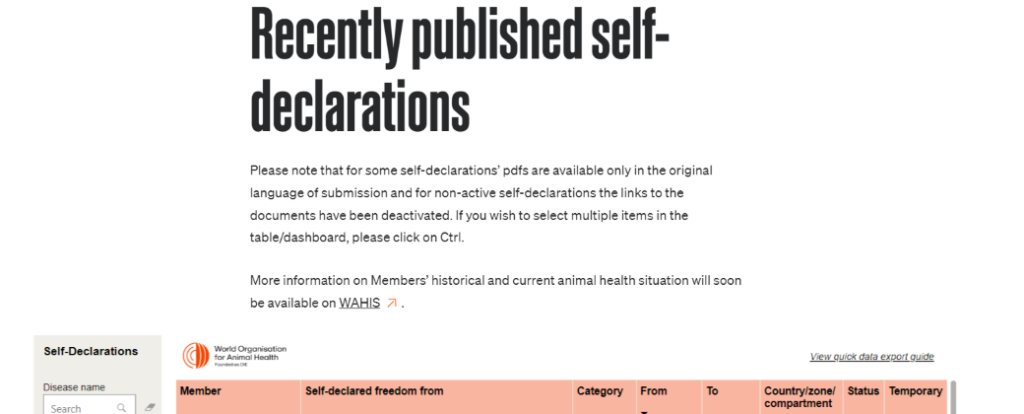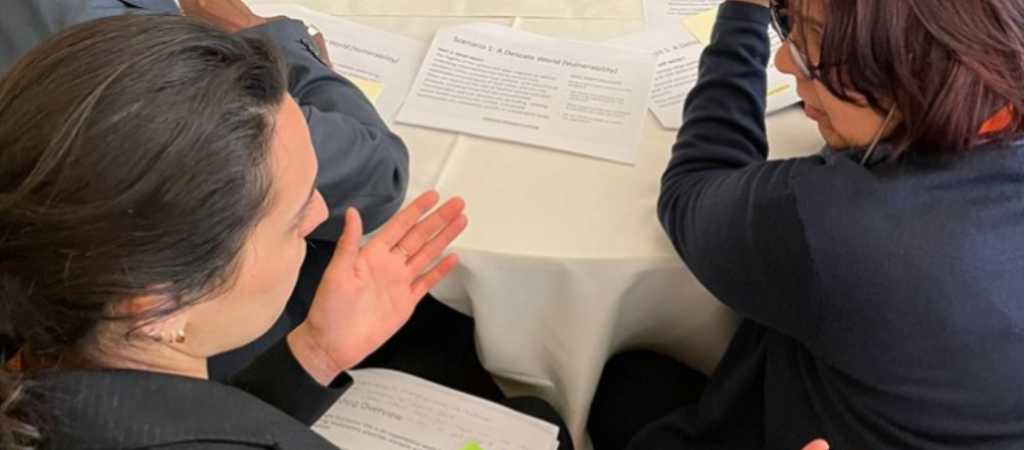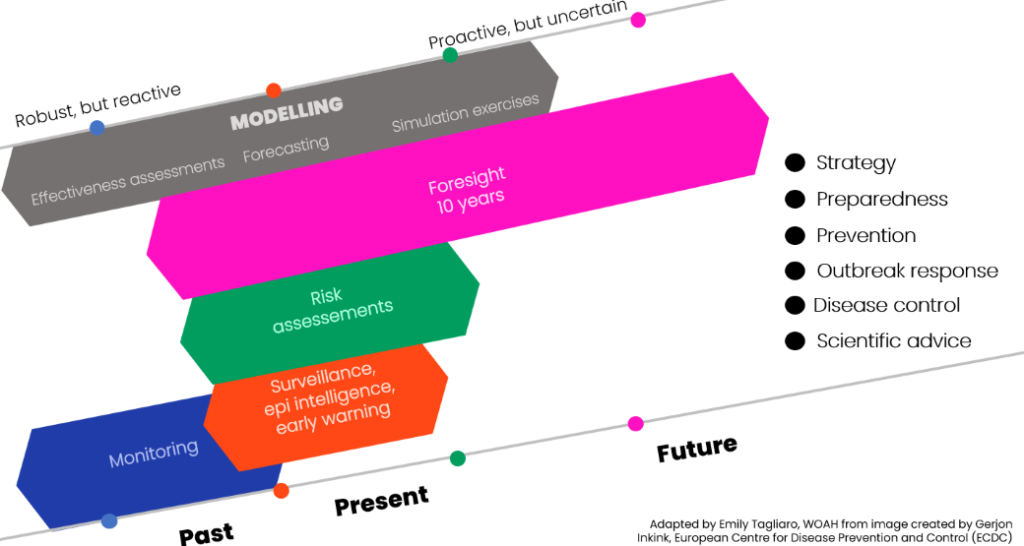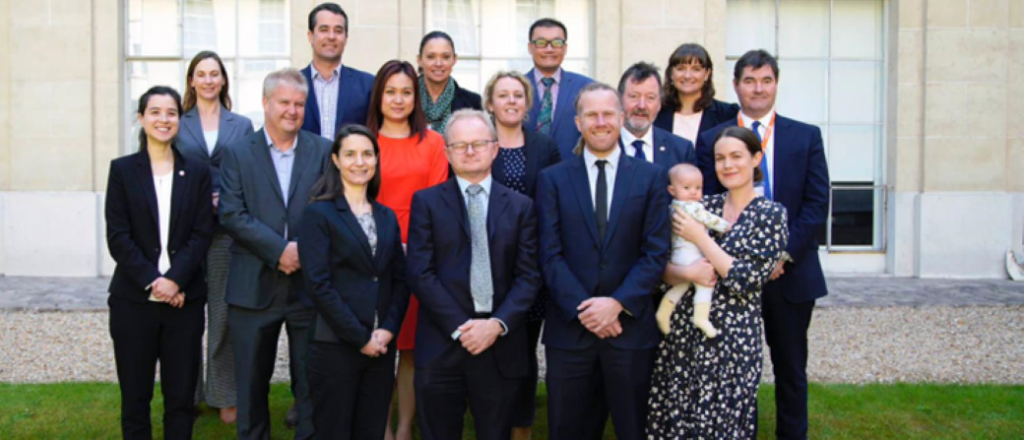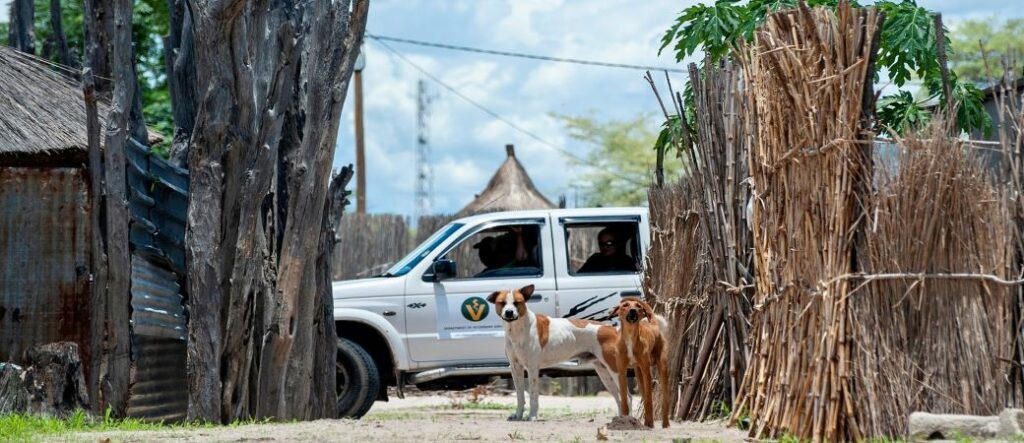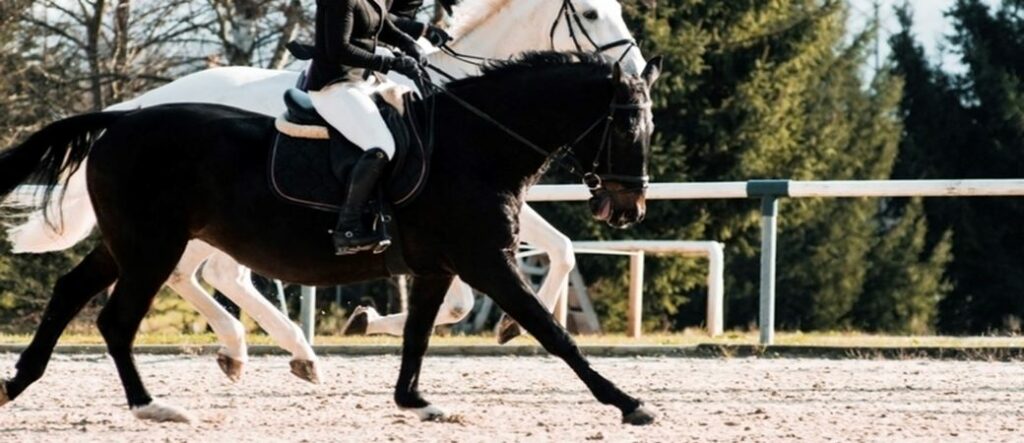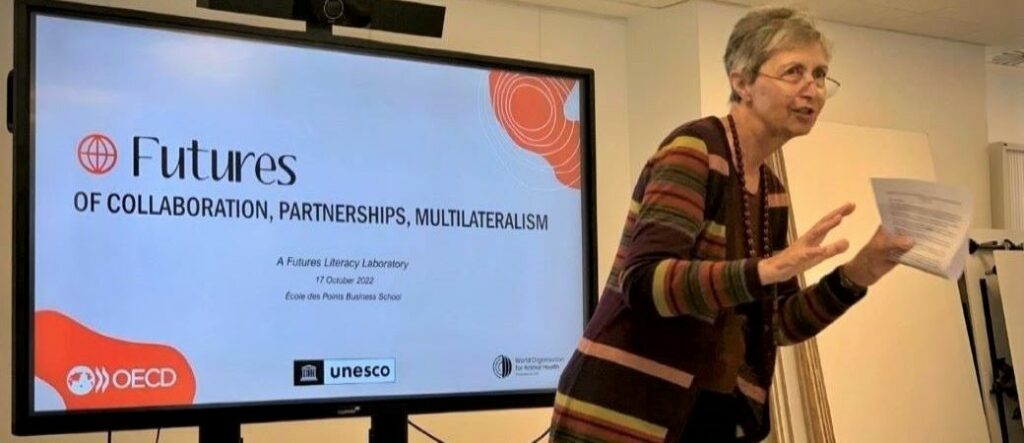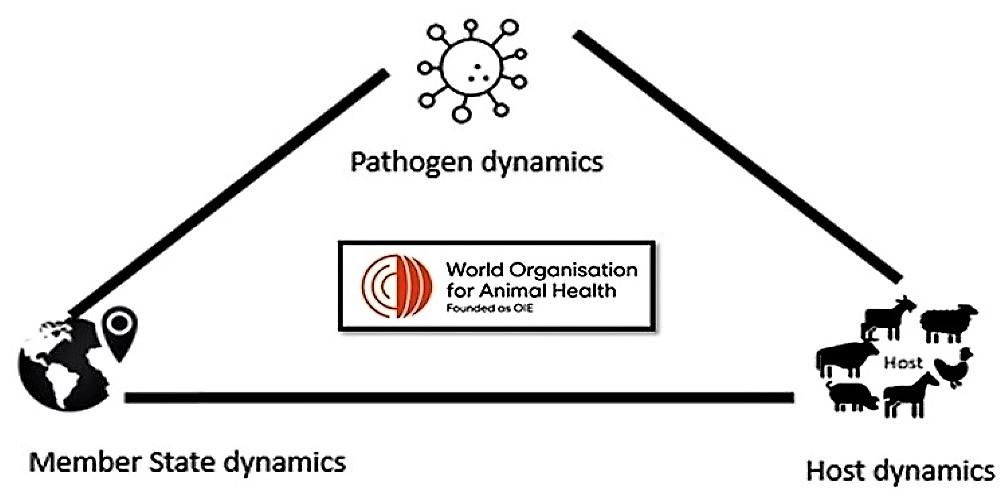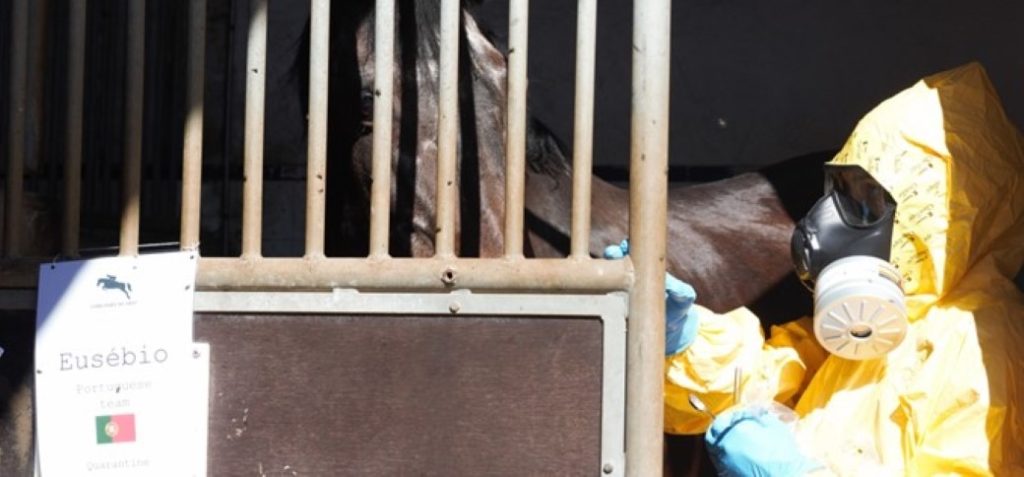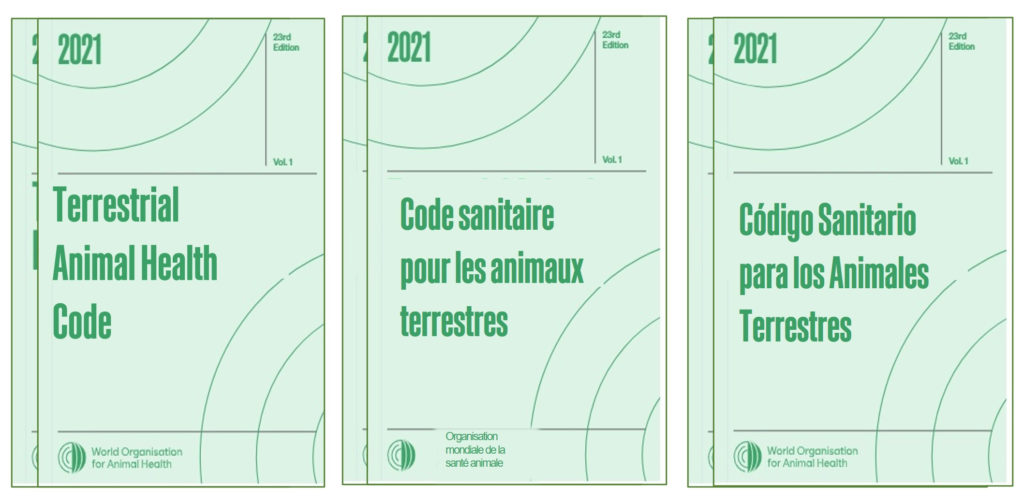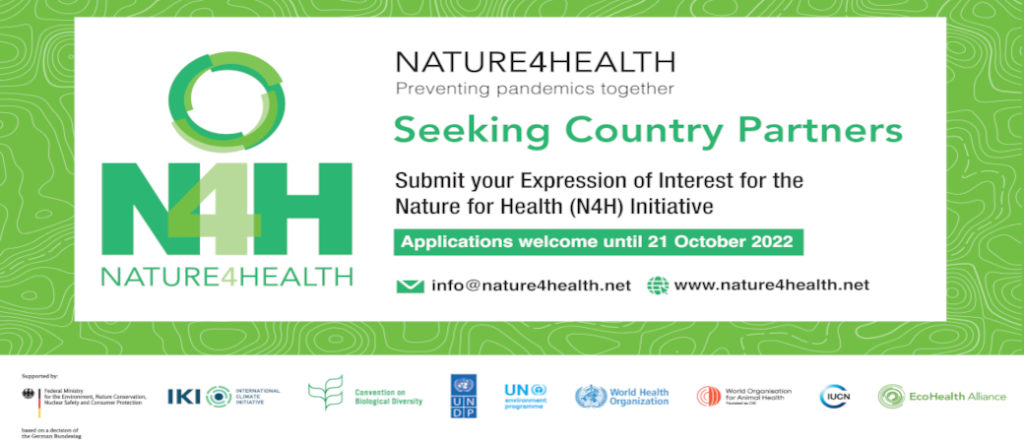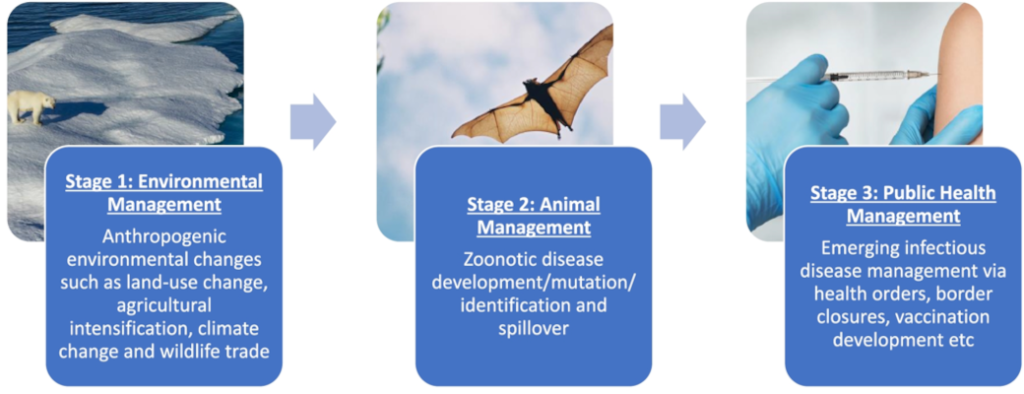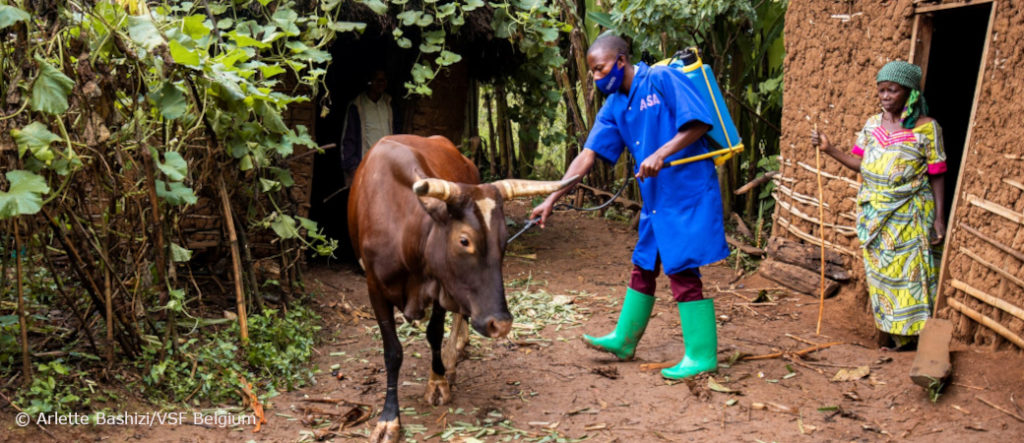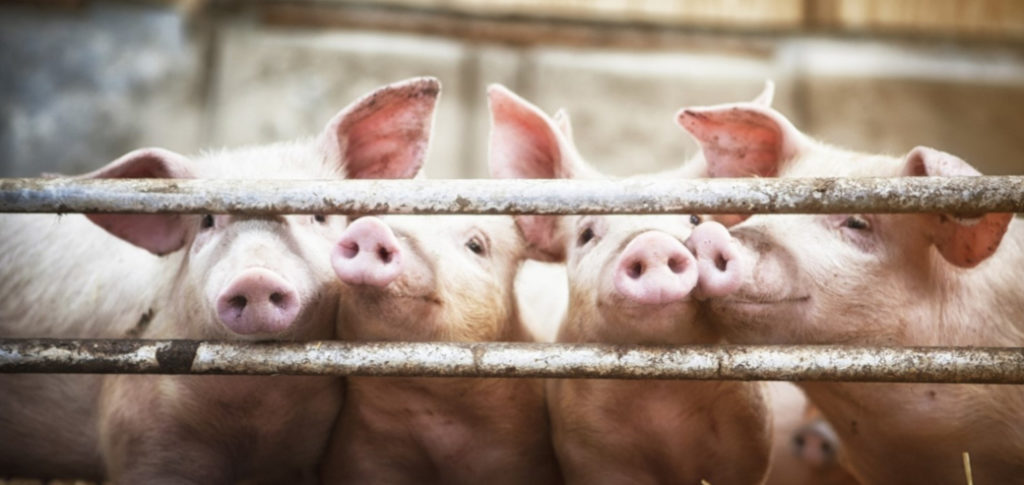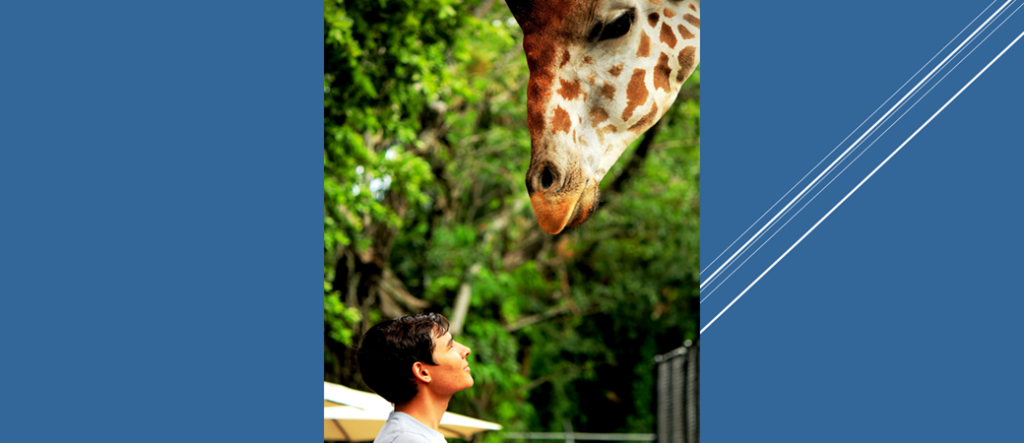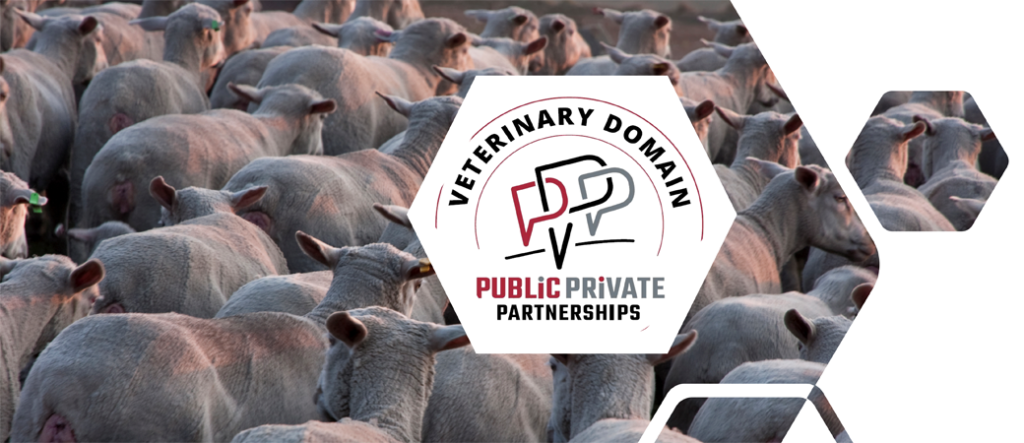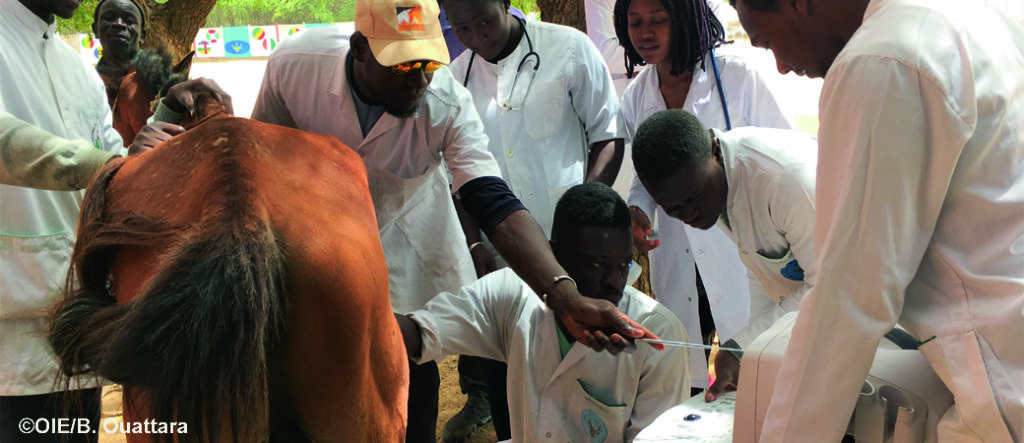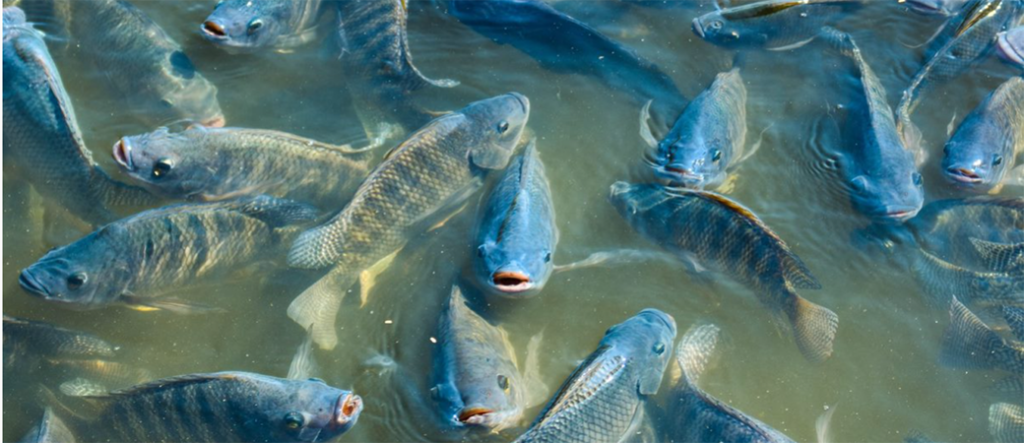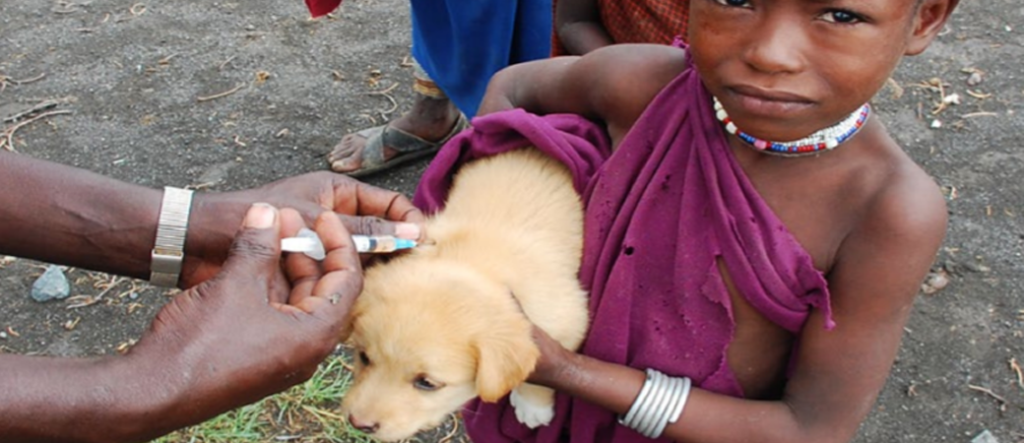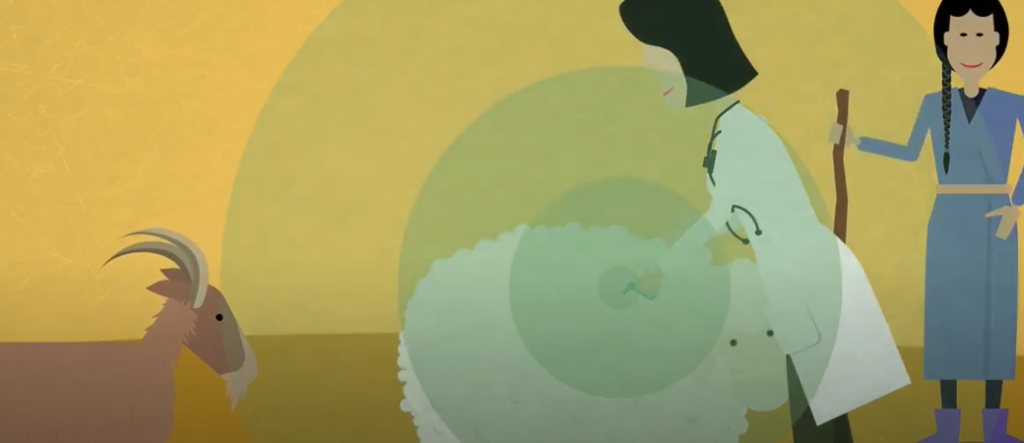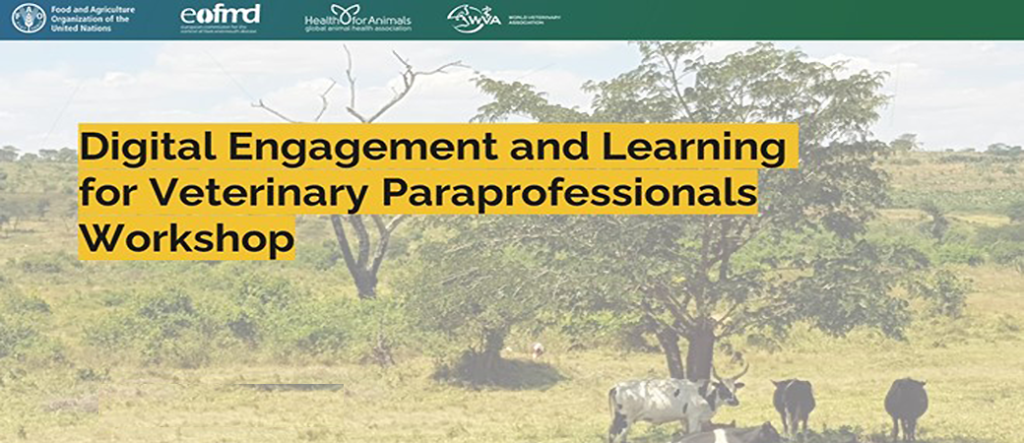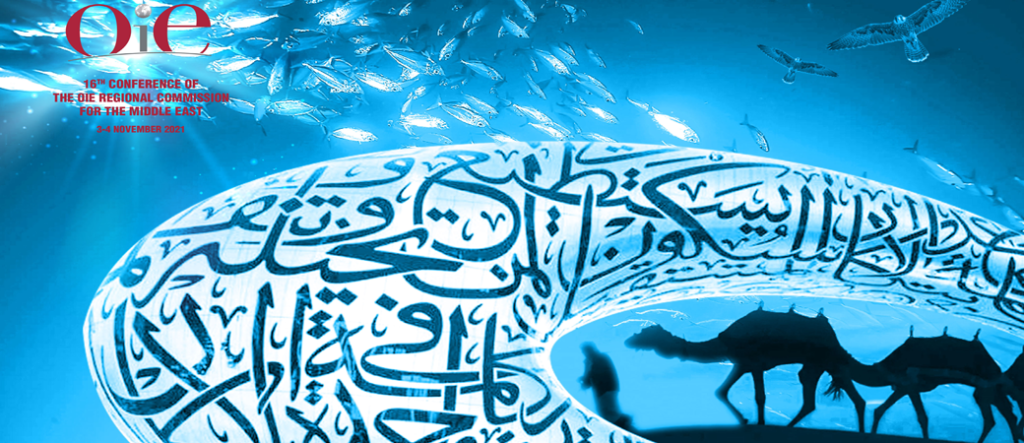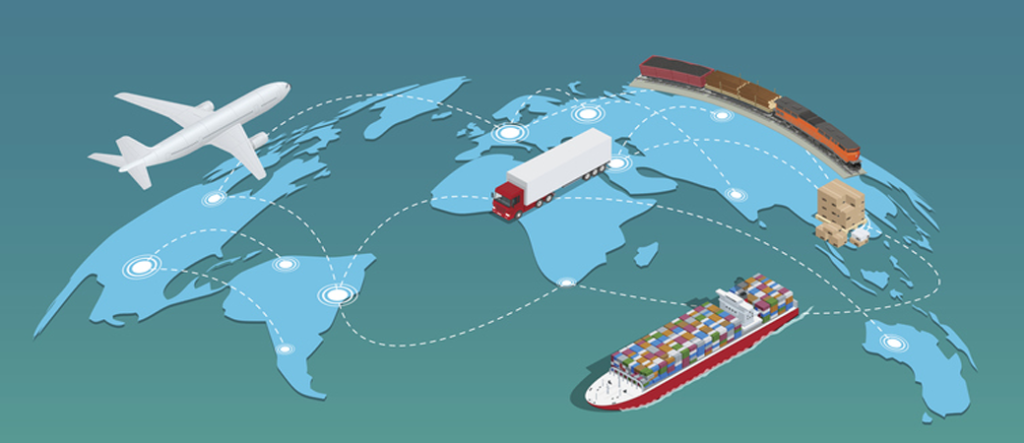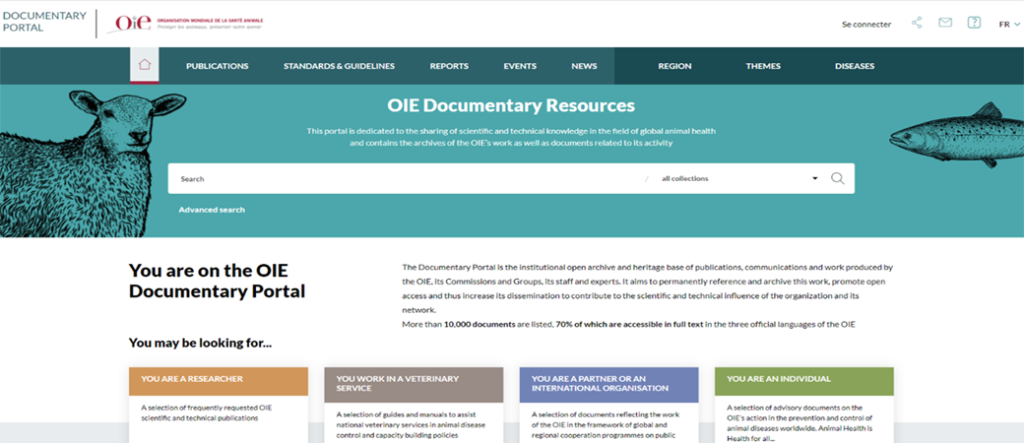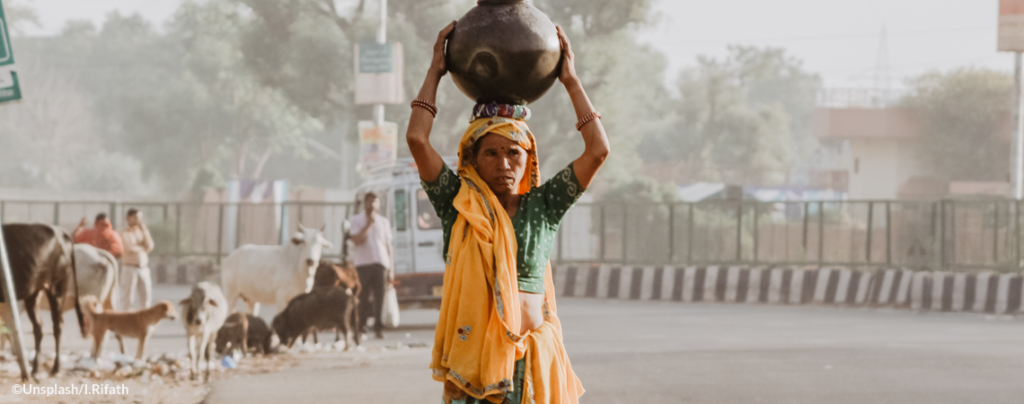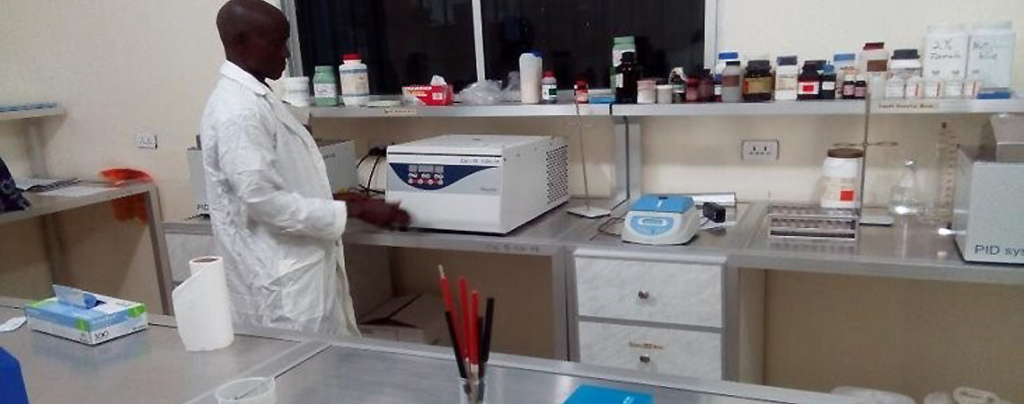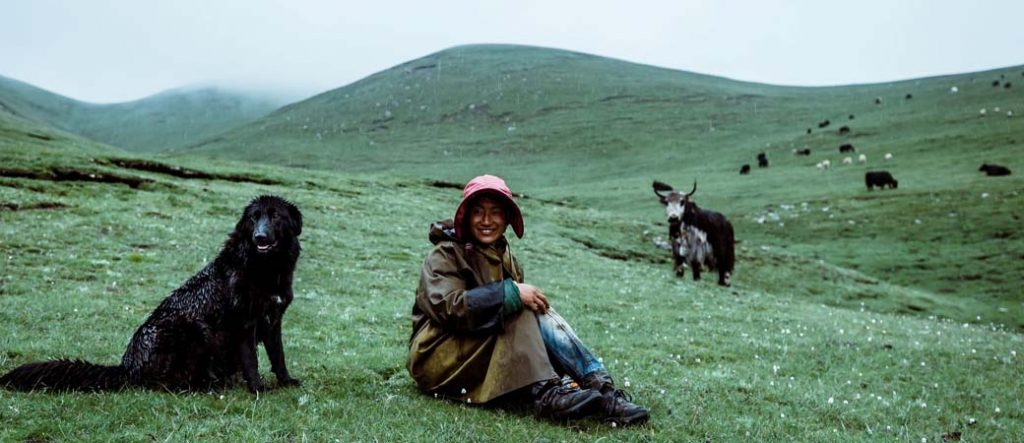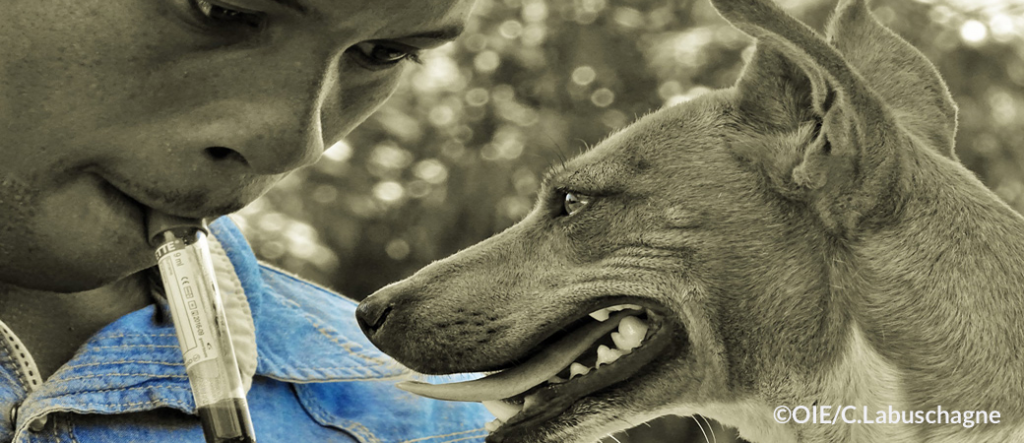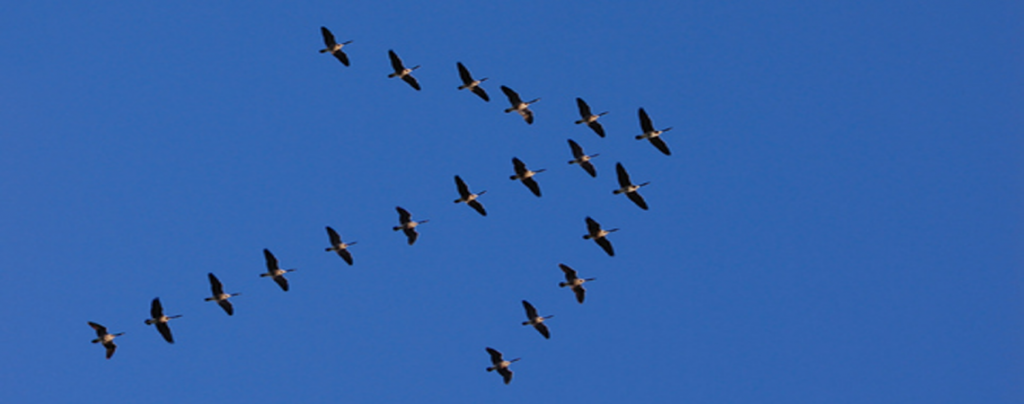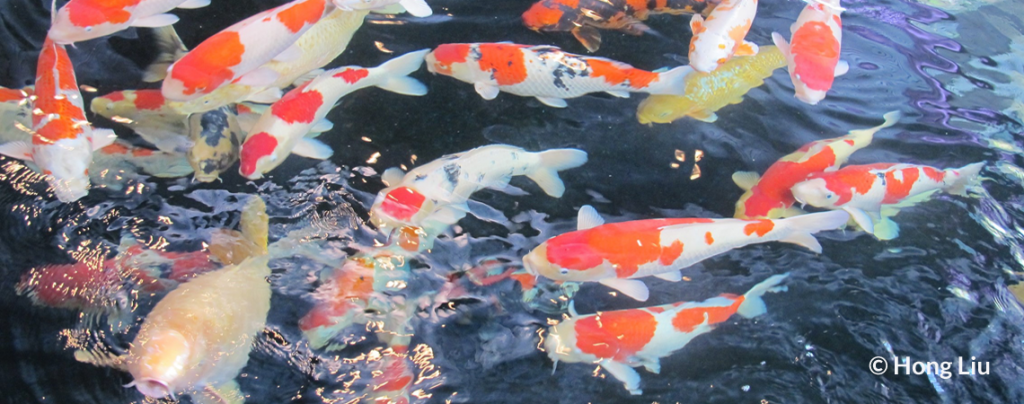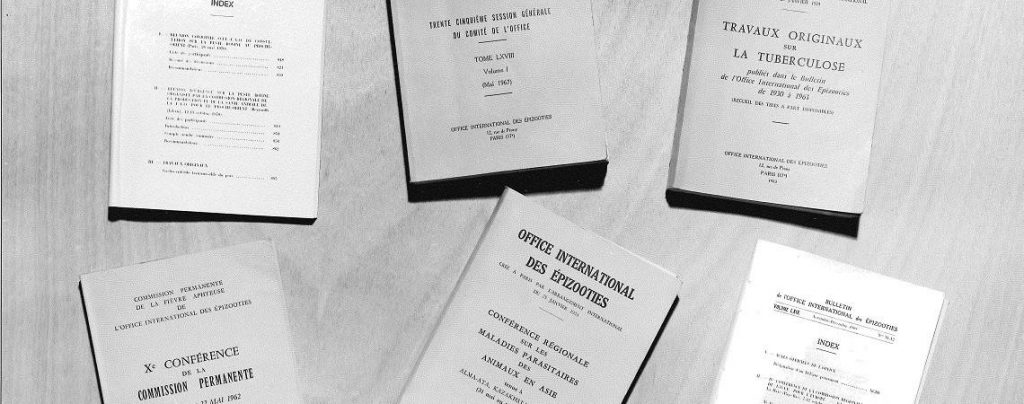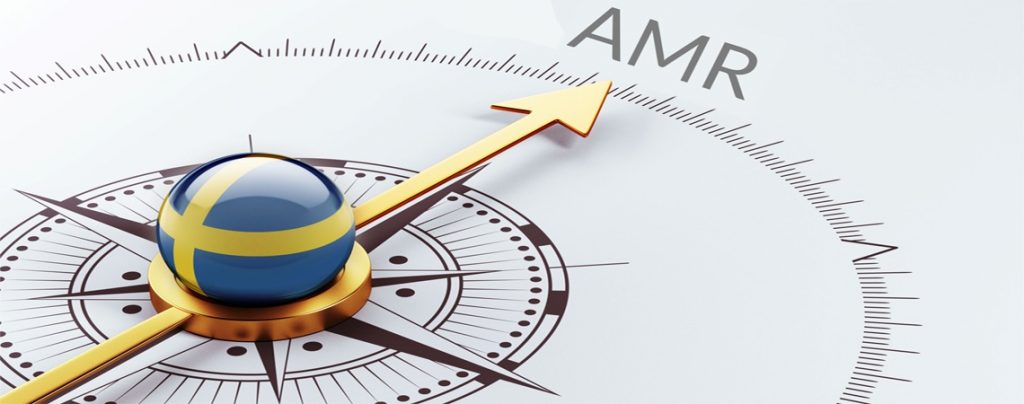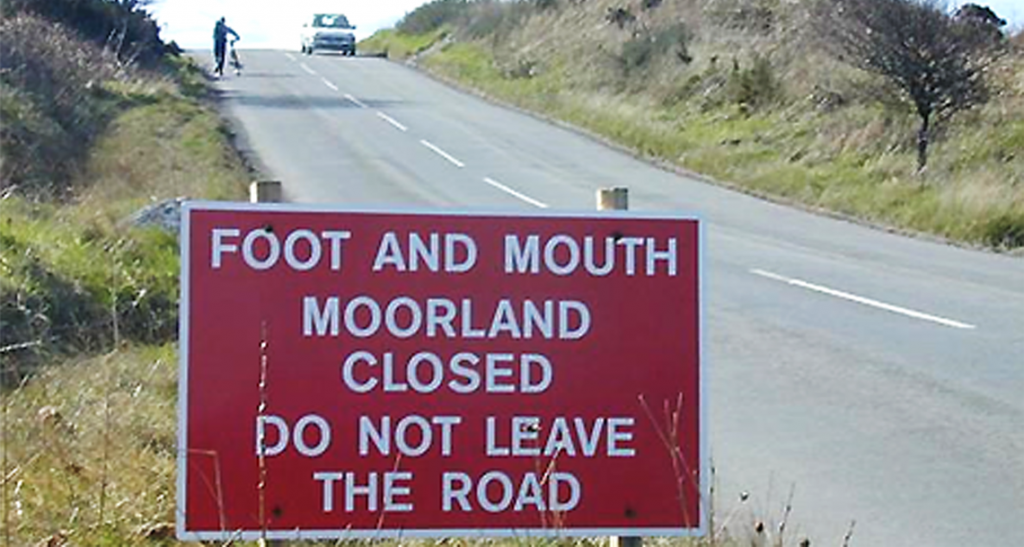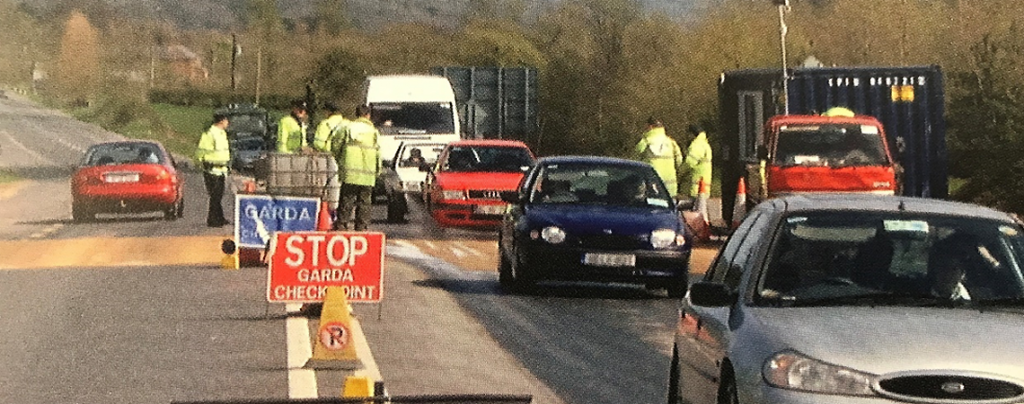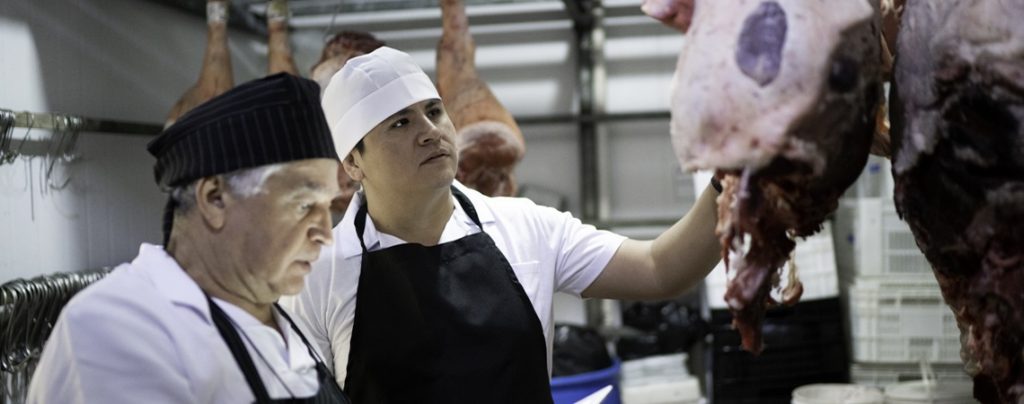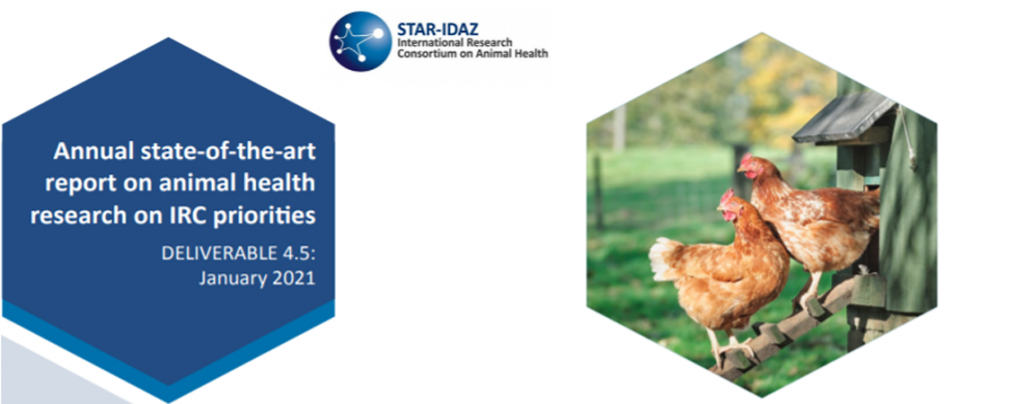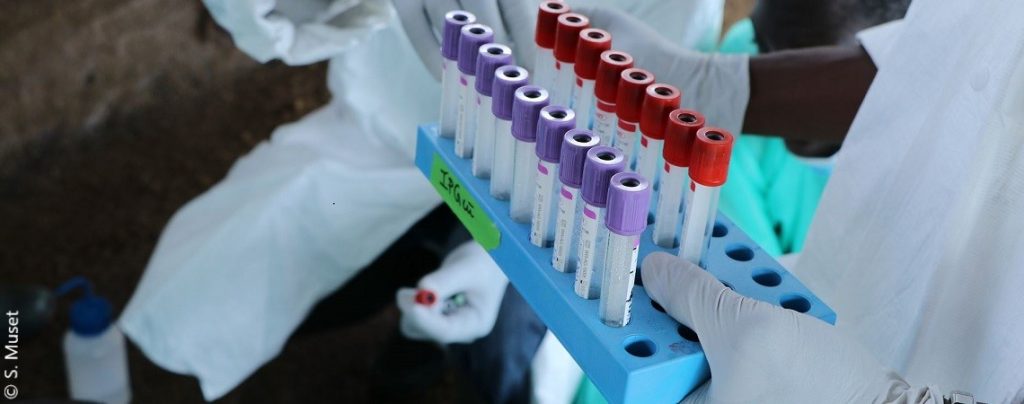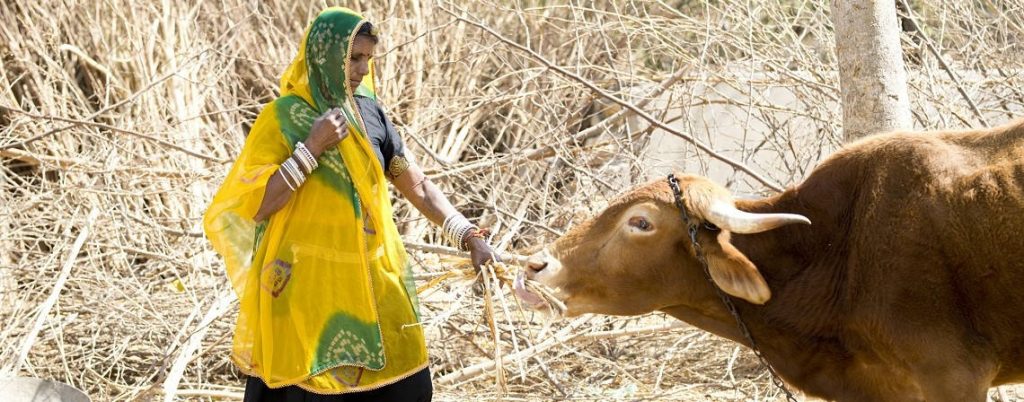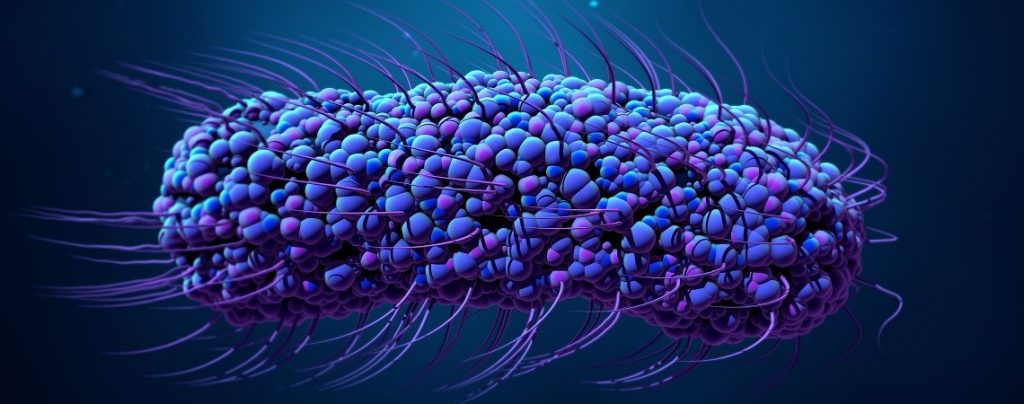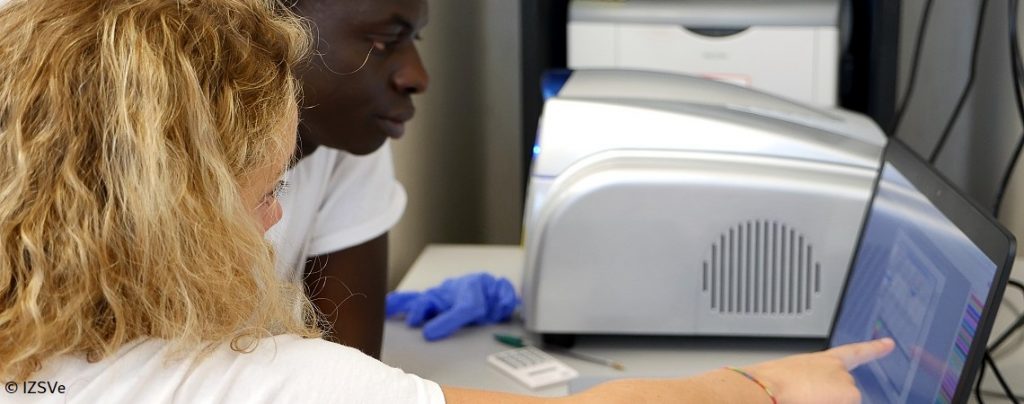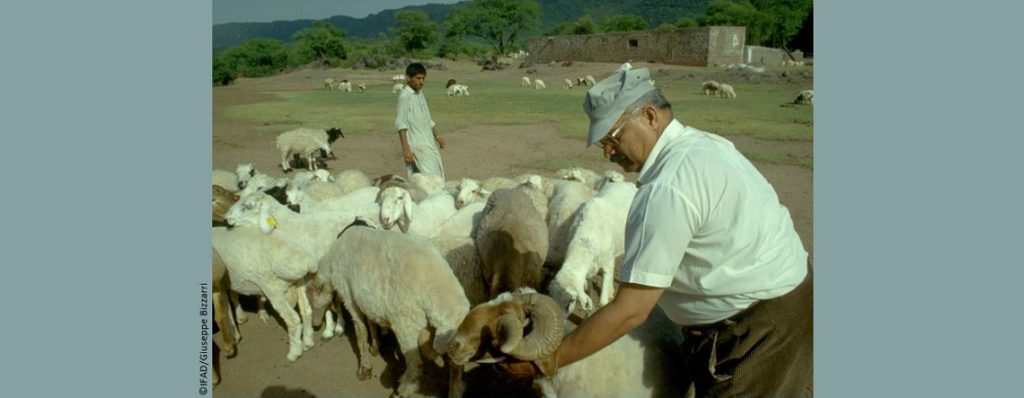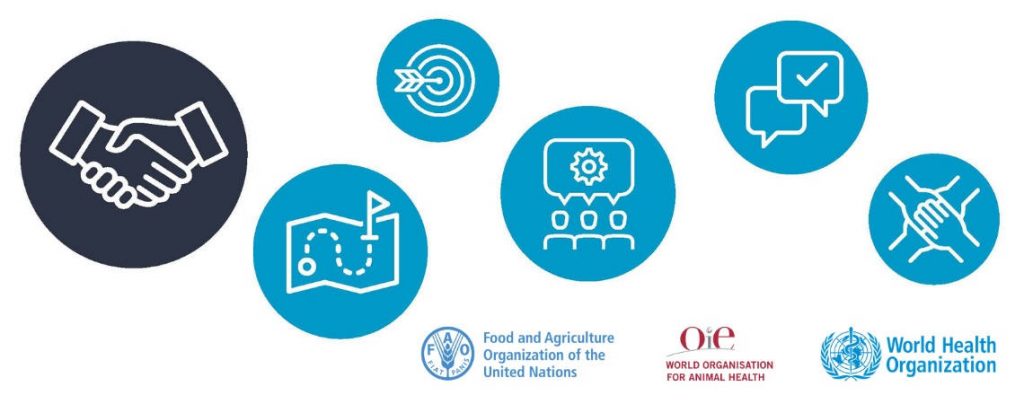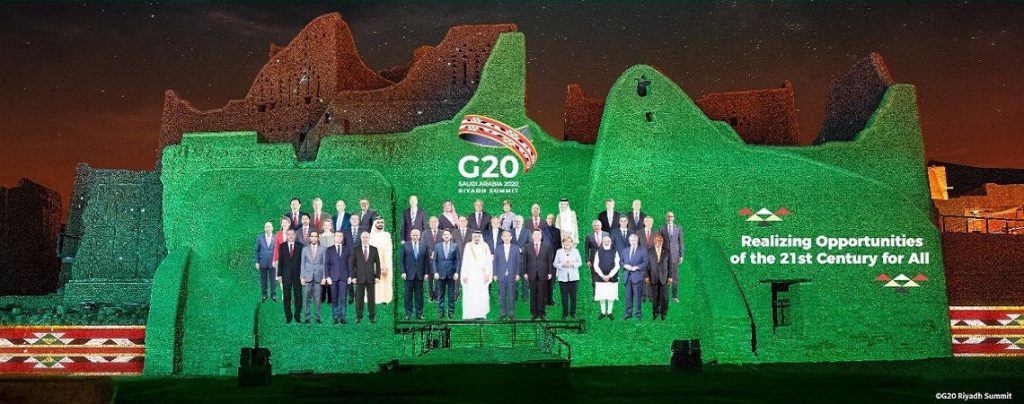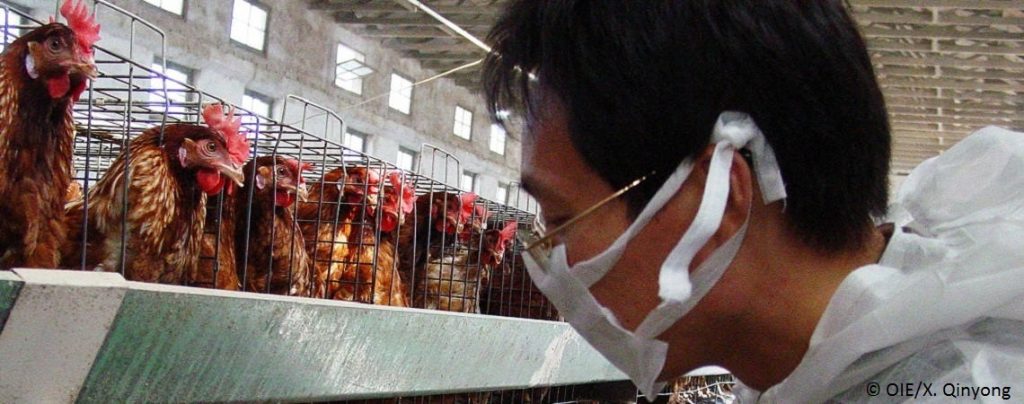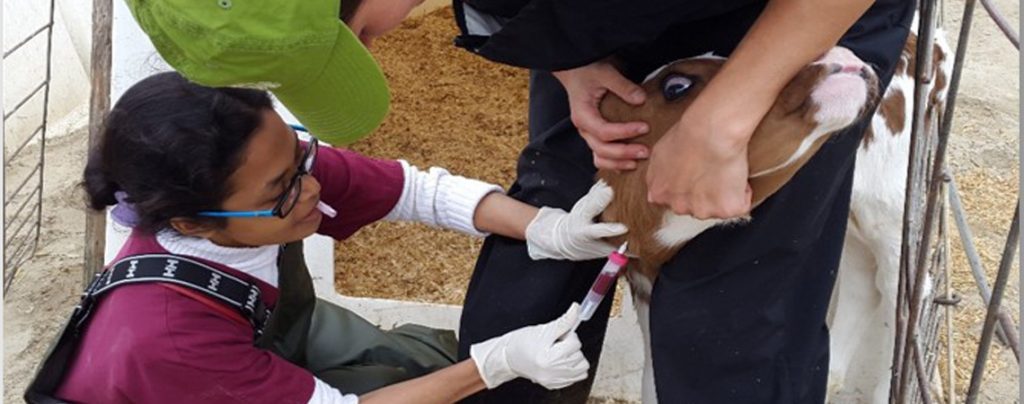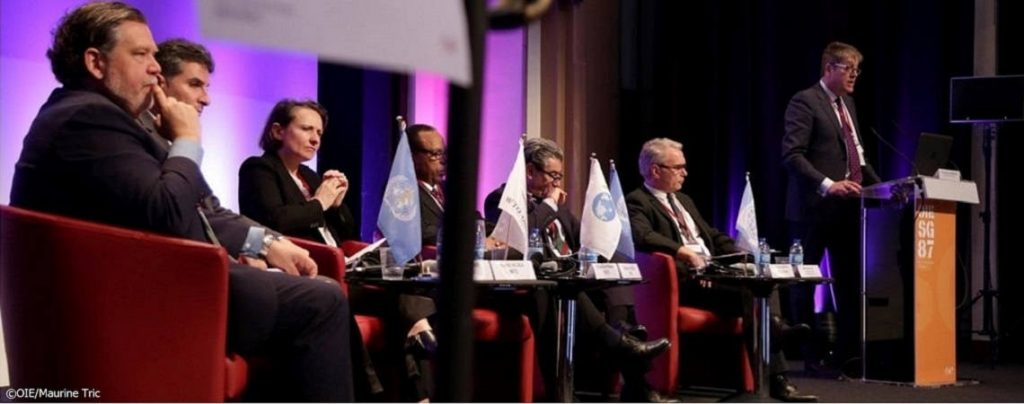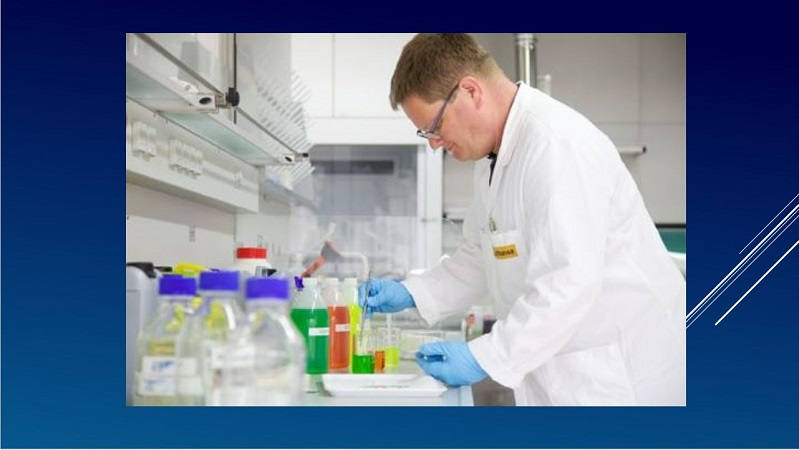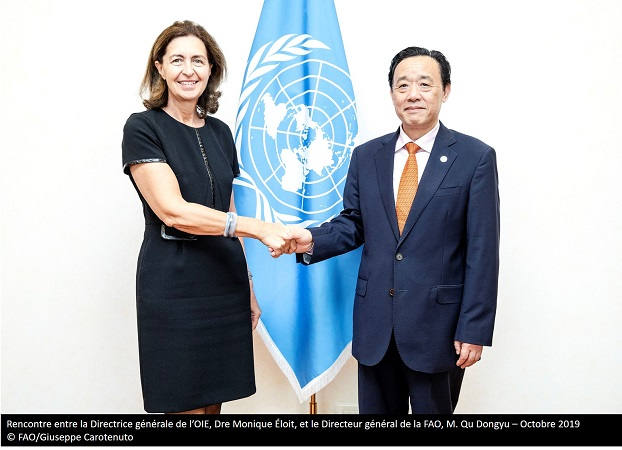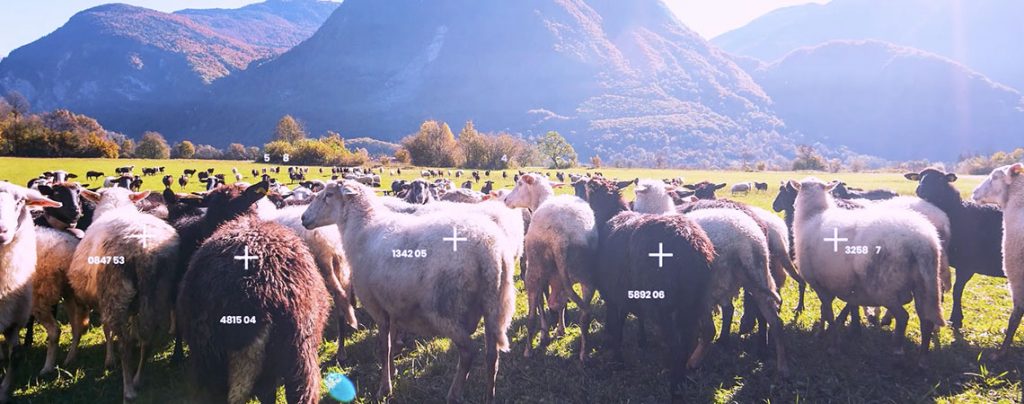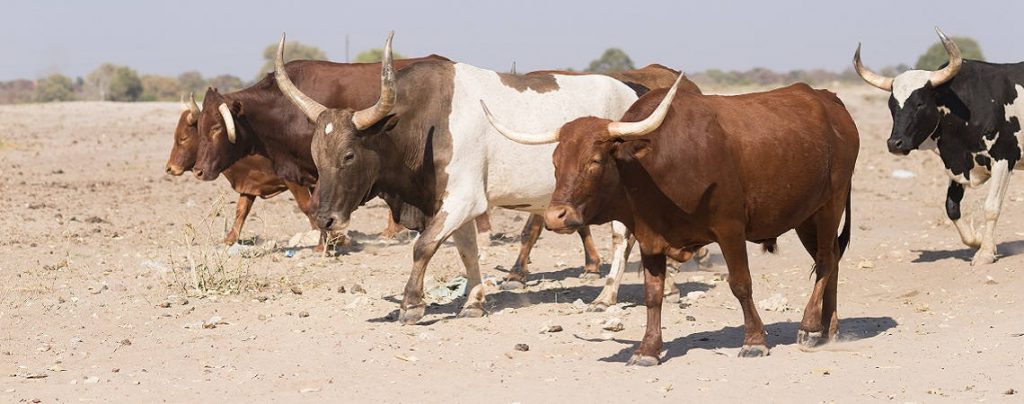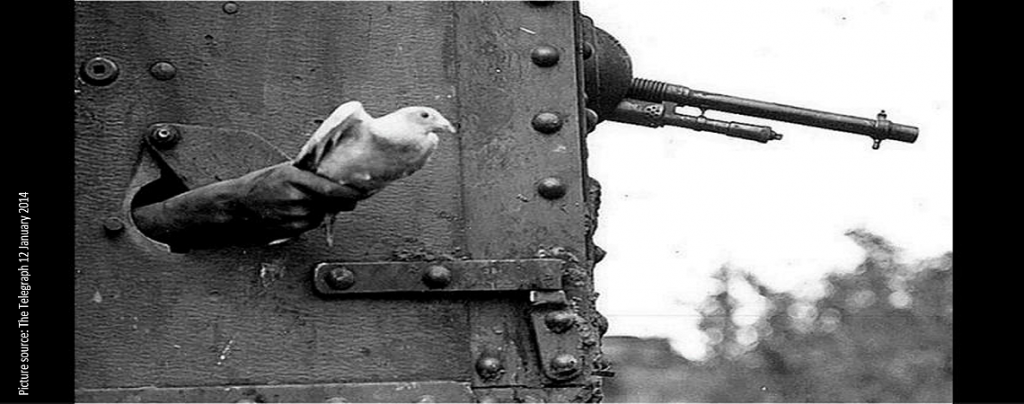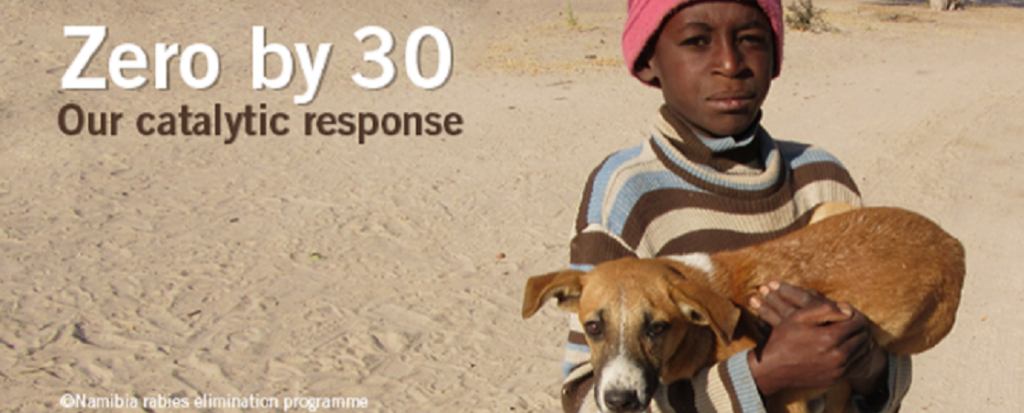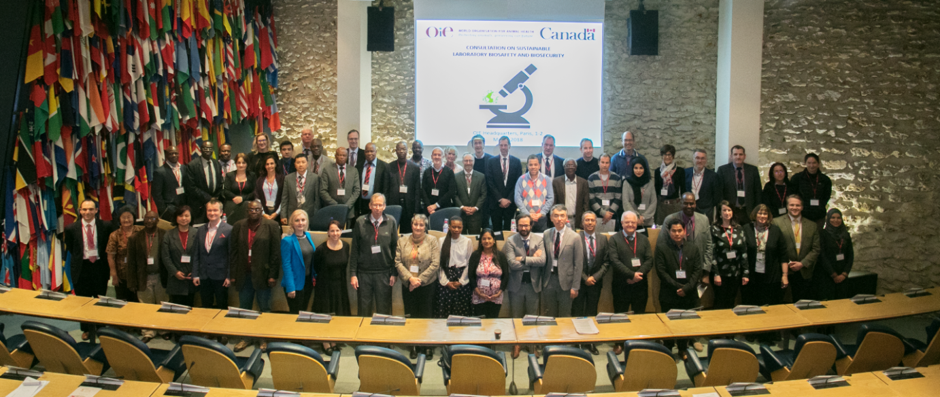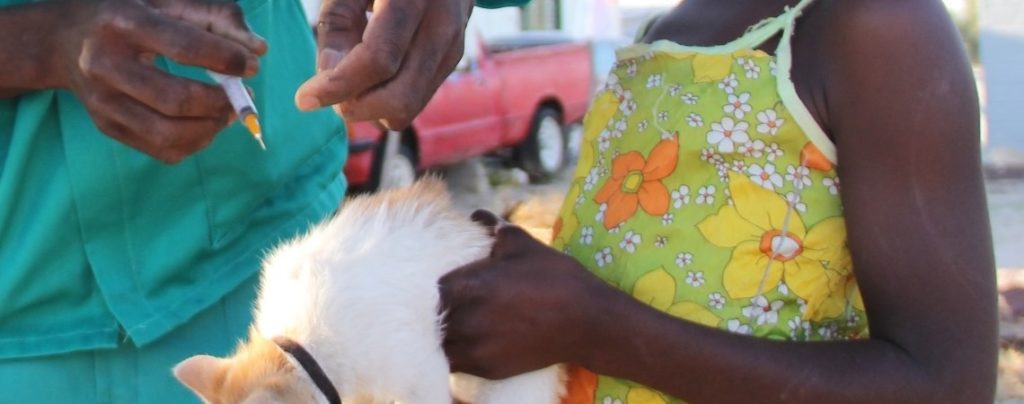INFORMATION EN CONTINU Posté sur 2024-08-26 18:06:29
Engaging Minds: Veterinarian and Public Health Laboratory Experts from the Mediterranean Team Up in the ALERT Game
Mots-clés
Photo: Veterinarian and public health laboratory experts playing the ALERT Game © WOAH/S. Muset
Let’s learn the smart way!
Capacity building is at the core of WOAH’s mandate. Applying an innovative approach to learning about epidemiological issues in a One Health environment, WOAH has teamed up with the French public research institution, Centre de coopération internationale en recherche agronomique pour le développement (CIRAD) and the game designer, Bioviva, to develop the ALERT Game within the EBO-SURSY Project in 2021. To date, more than 40 animal and human healthcare professionals have been trained to facilitate this game in Africa, and more than 500 people have played in sessions worldwide. Growing interest from external partners inspired WOAH to organise a four-hour game session last June for stakeholders of the MediLabSecure project* funded by the European Union (EU) and led by the Institut Pasteur.
Growing exposure to broader audiences
Initially tailored for local communities to raise awareness on their roles in wildlife disease surveillance systems, the ALERT game found a broader audience when it was disseminated across ten African countries, targeted by the EBO-SURSY Project. It reached animal and human healthcare professionals, as well as wildlife conservation professionals and paraprofessionals. The game was also used at WOAH Wildlife Focal Points seminars in Africa, Asia and Europe, at the WOAH Global Conference on Emergency Management organised in Paris in 2023, and most recently by the WOAH Rabies Project Team in Cameroon.
WOAH teams up with CIRAD to facilitate 16 game sessions
Enhancing links between WOAH’s EBO-SURSY Project and Institut Pasteur’s MediLabSecure Project, the ALERT game was introduced to MediLabSecure’s stakeholders and beneficiaries at their closing meeting last June. joined WOAH to set up a team of five staff to facilitate the 16 game sessions. Hosting the game requires specific training as well as a good understanding of the game rules and the concept of surveillance systems to generate fruitful interactions between participants.
Ultimately, the outcome – whether participants win or lose – is not the main focus. The most important part of the game is being able to pinpoint issues and solutions while engaging in discussions to guide decision-making across sectors to control the progression of disease. Key to ensuring a successful game session is high-quality facilitation, to engage participants and generate discussions, while answering players’ questions about unfamiliar epidemiological situations. A specific scenario was prepared by the facilitation team ahead of the workshop to produce a streamlined surveillance chain and to facilitate understanding of the concept. The first game session was played with community-level cards, after which another session was proposed with all four card levels: community, local, regional and national. Each session began with a brief introduction of the game, followed by one hour of game play.
Animal and human health sectors playing together
The four sessions were attended by nearly 100 participants from 22 countries in the Mediterranean region. Each session consisted of four groups, with five to six individuals per group. One group conducted discussions in French, while the other three groups played in English. Participants had diverse profiles, mostly laboratory professionals from human and animal health sectors, but also from public research institutes and universities. Their varied backgrounds brought different perspectives, which generated fruitful discussions. Indeed, the game aims to demonstrate the importance of One Health collaboration in real-world scenarios, emphasising the interconnectedness of human, environmental and animal health. The goal of the game is to enhance integrated approaches to public health challenges.
Positive participant feedback
Twenty-nine participants shared their feedback via a questionnaire developed by a CIRAD PhD student from Cameroon, who is studying the impact of the game on surveillance systems in Guinea and Cameroon as part of the EBO-SURSY Project. Results showed that 86% of participants found the game impactful, and 100% reported that it was enjoyable. In addition, expressed interest in playing the game with their colleagues back at home. As part of its post-seminar feedback, the MediLabSecure Management Team highlighted the game’s popularity:
Participants really enjoyed the presentation of the ALERT game. In the satisfaction questionnaire, it emerged as one of the most popular sessions of the entire three-day meeting.
What’s next for ALERT and MediLabSecure? Establishing a sustainable bridge between two EU initiatives
Ongoing discussions between WOAH and the Institut Pasteur aim to identify the best strategy for pursuing this initial exposure to the ALERT game. This will be carried out during the next phase of the MediLabSecure project and the upcoming ZOOSURSY project. Additionally, facilitator training sessions may be organised to ensure the sustainable dissemination of the game in the region. Successful dissemination of the ALERT game elevates WOAH’s profile, illustrates its expertise and demonstrates its capacity-building impact on surveillance systems stakeholders. The game is one of the success stories of the EBO-SURSY Project.
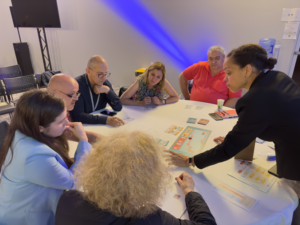
*Funded by the EU, MediLabSecure was launched 10 years ago to mitigate emerging biological risks in the Mediterranean, Balkans, Black Sea, Maghreb and Sahel regions.




